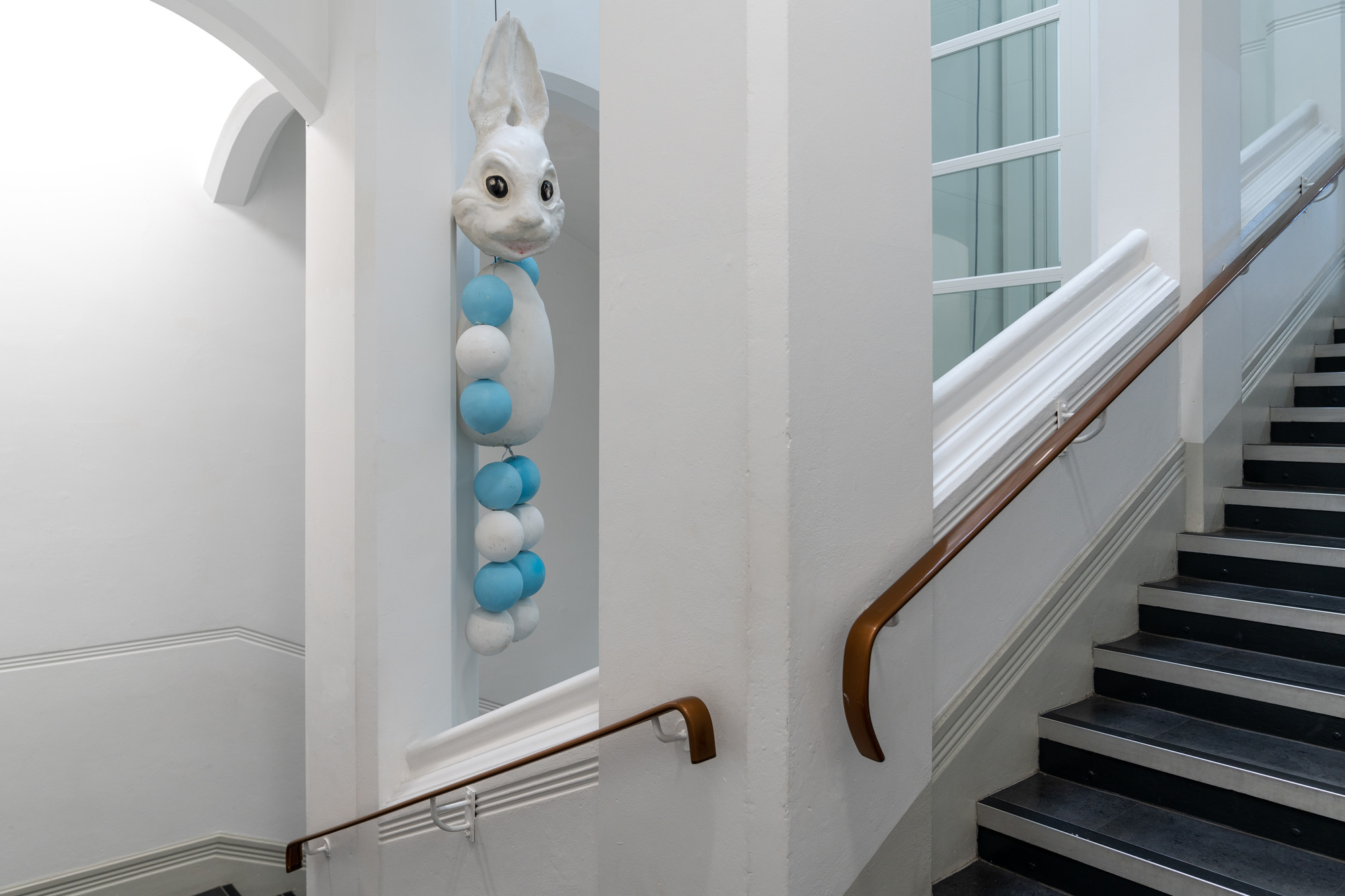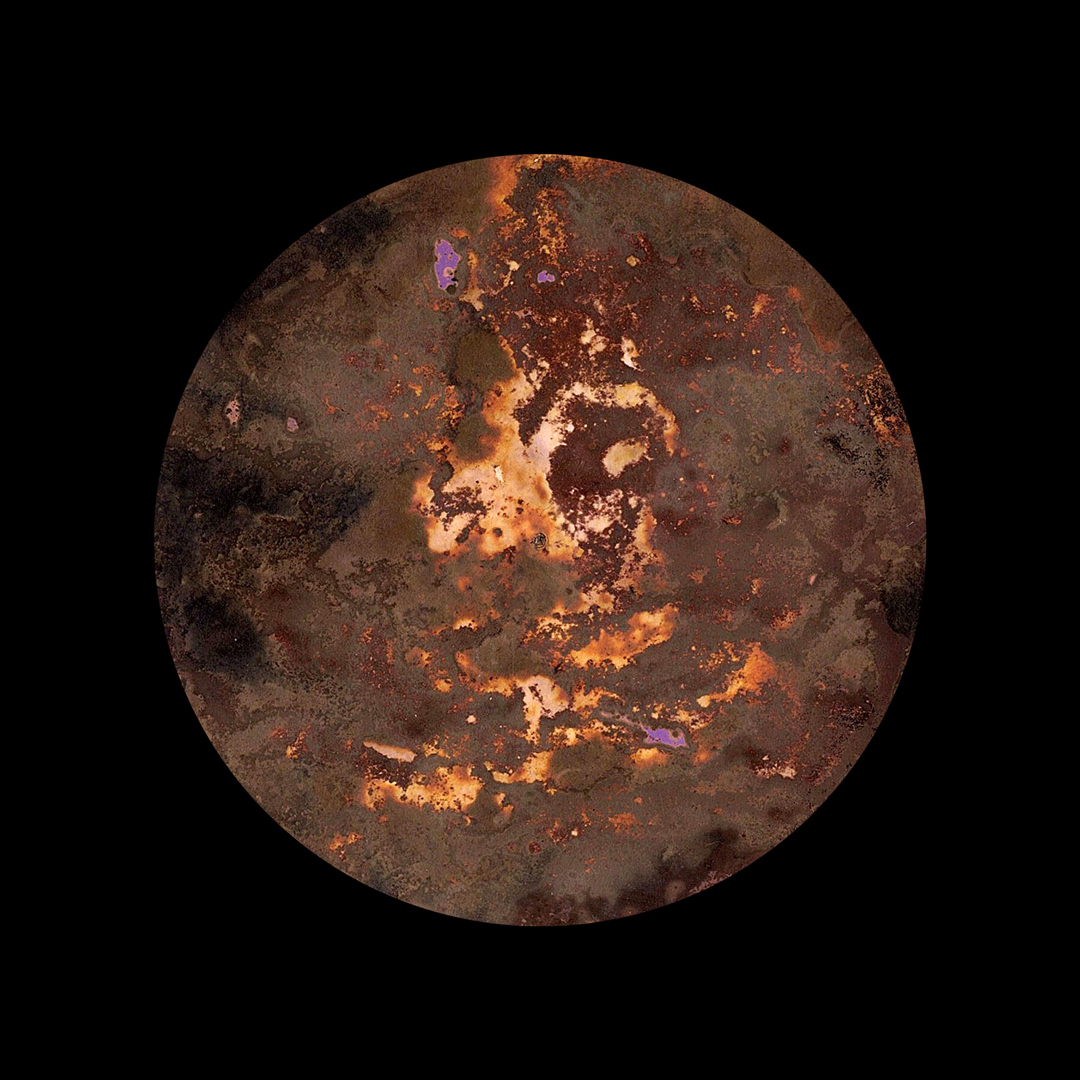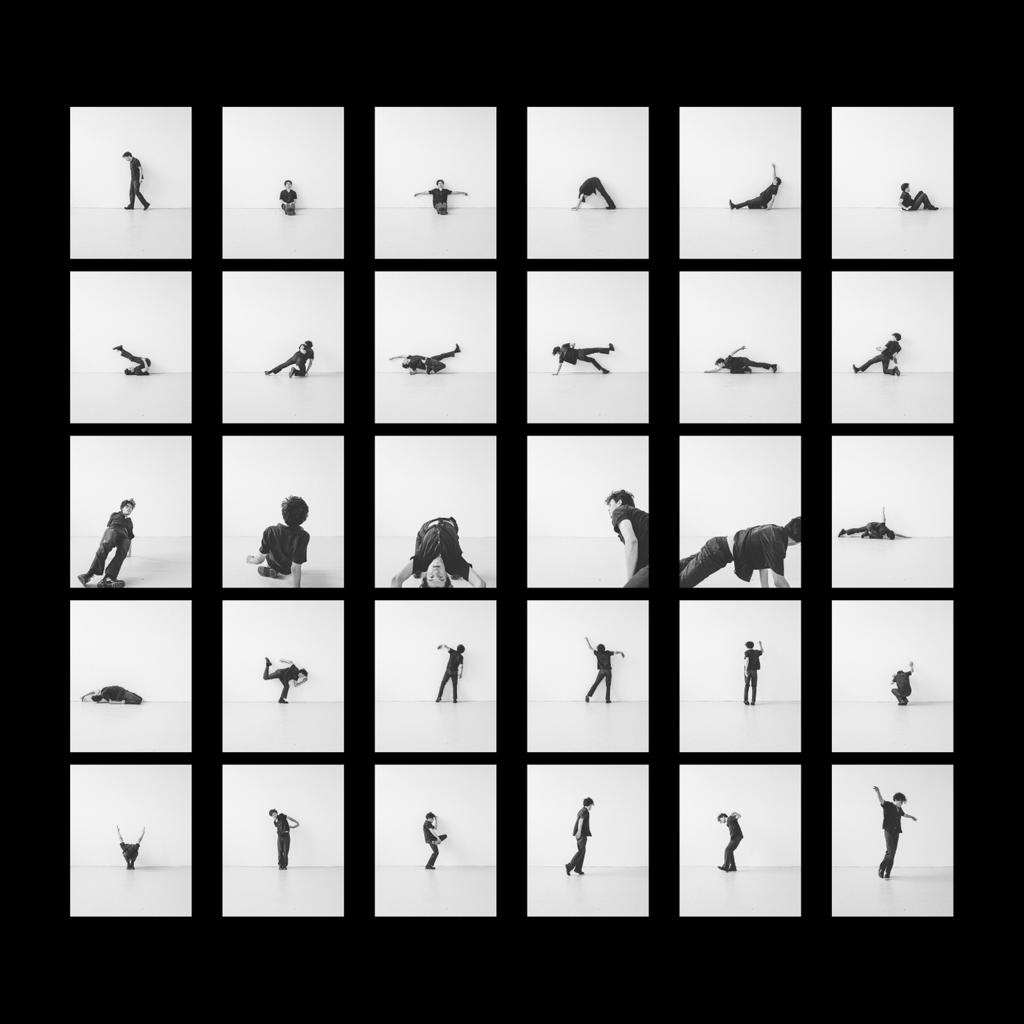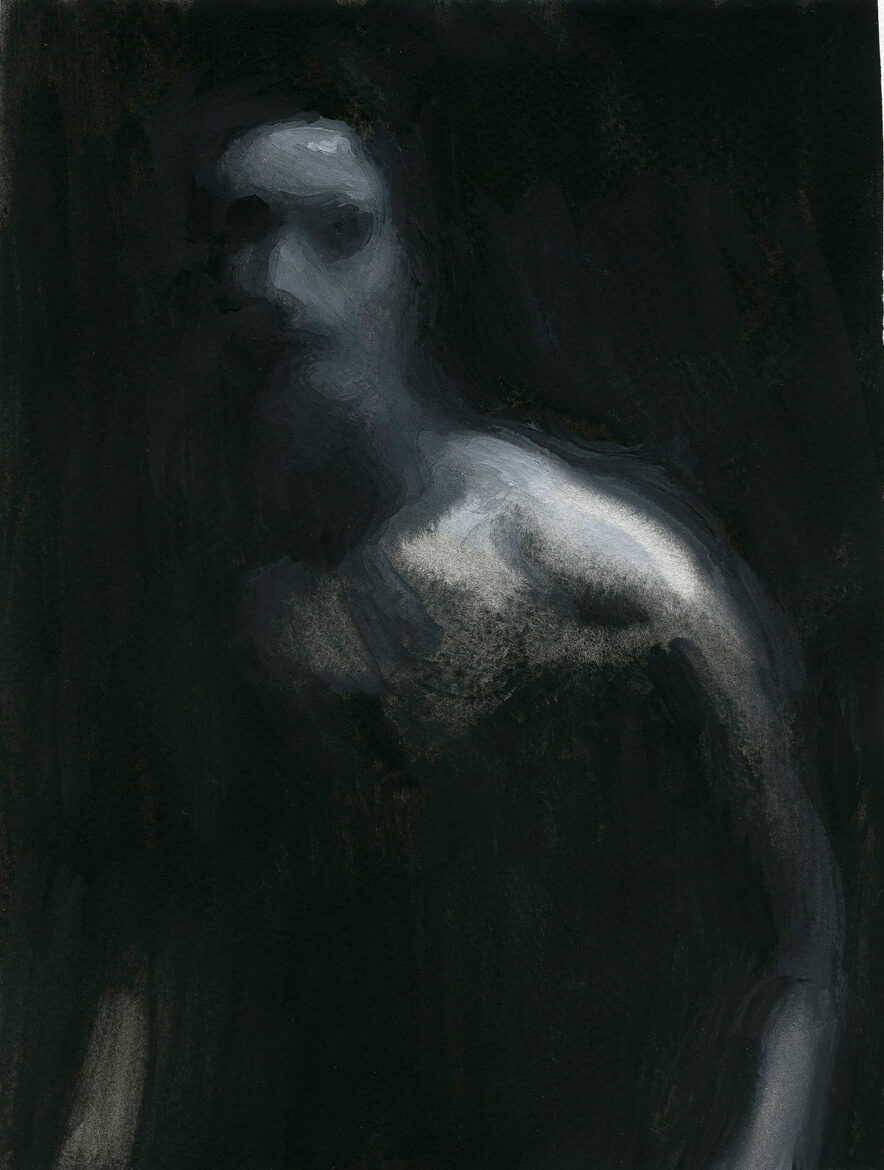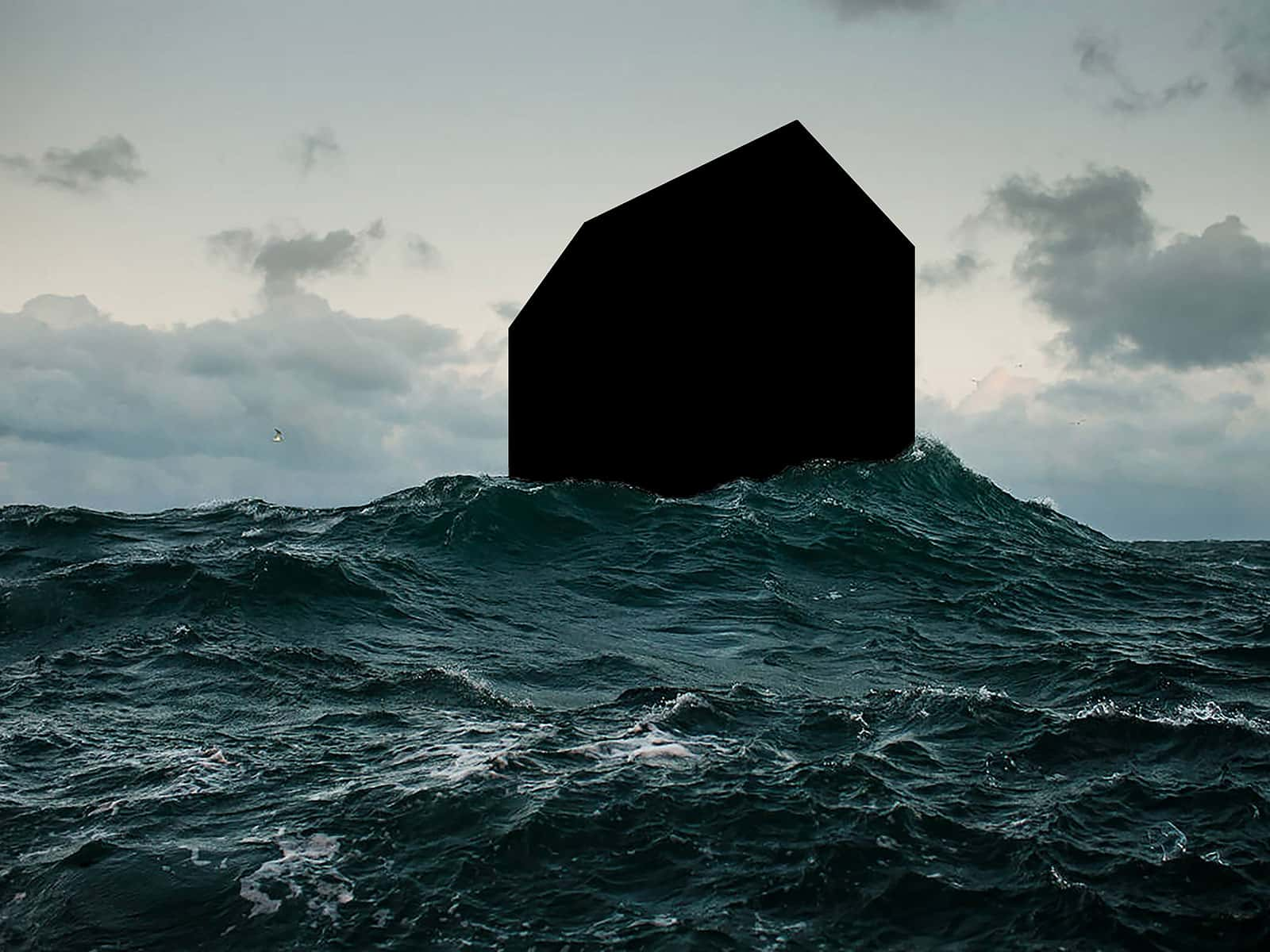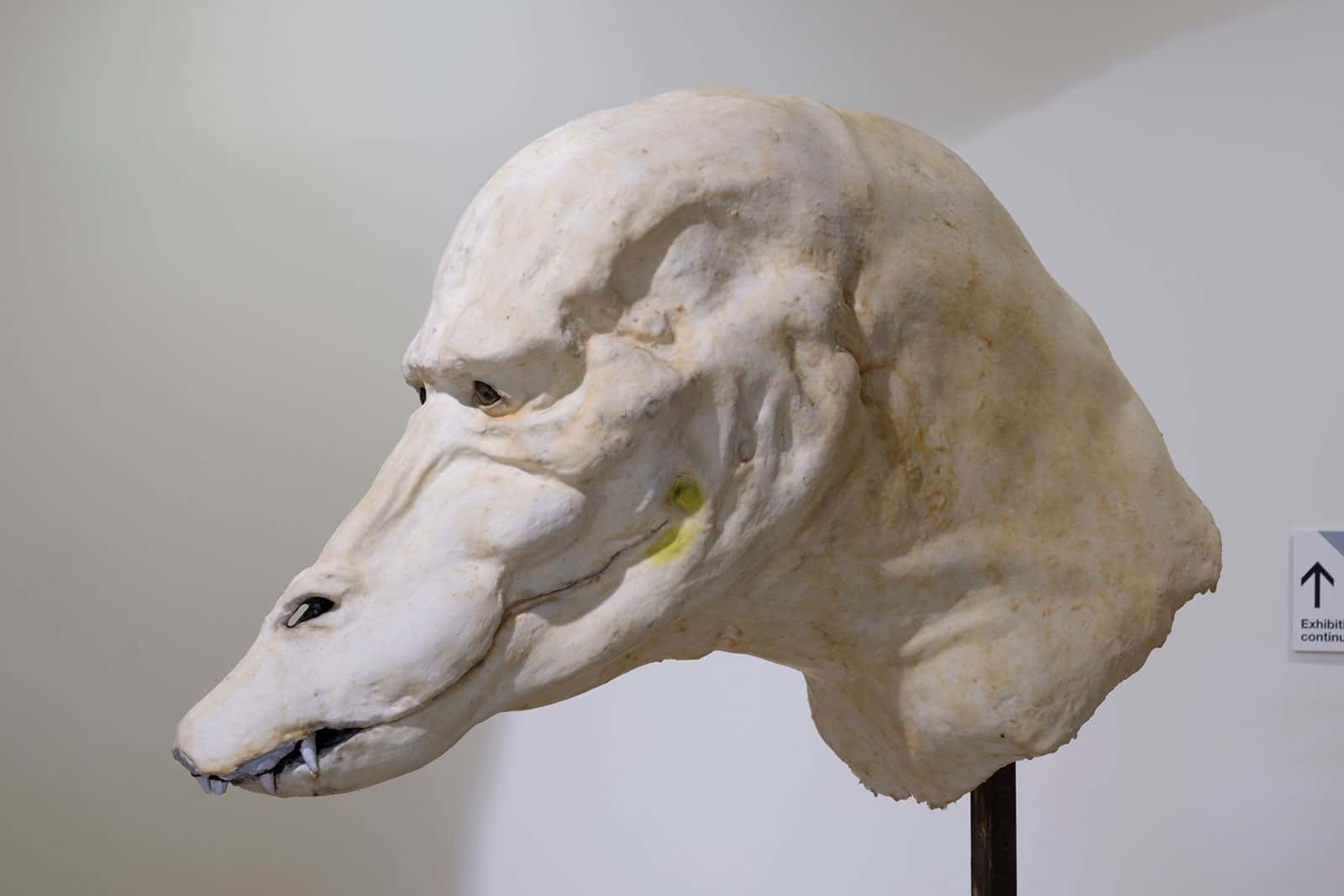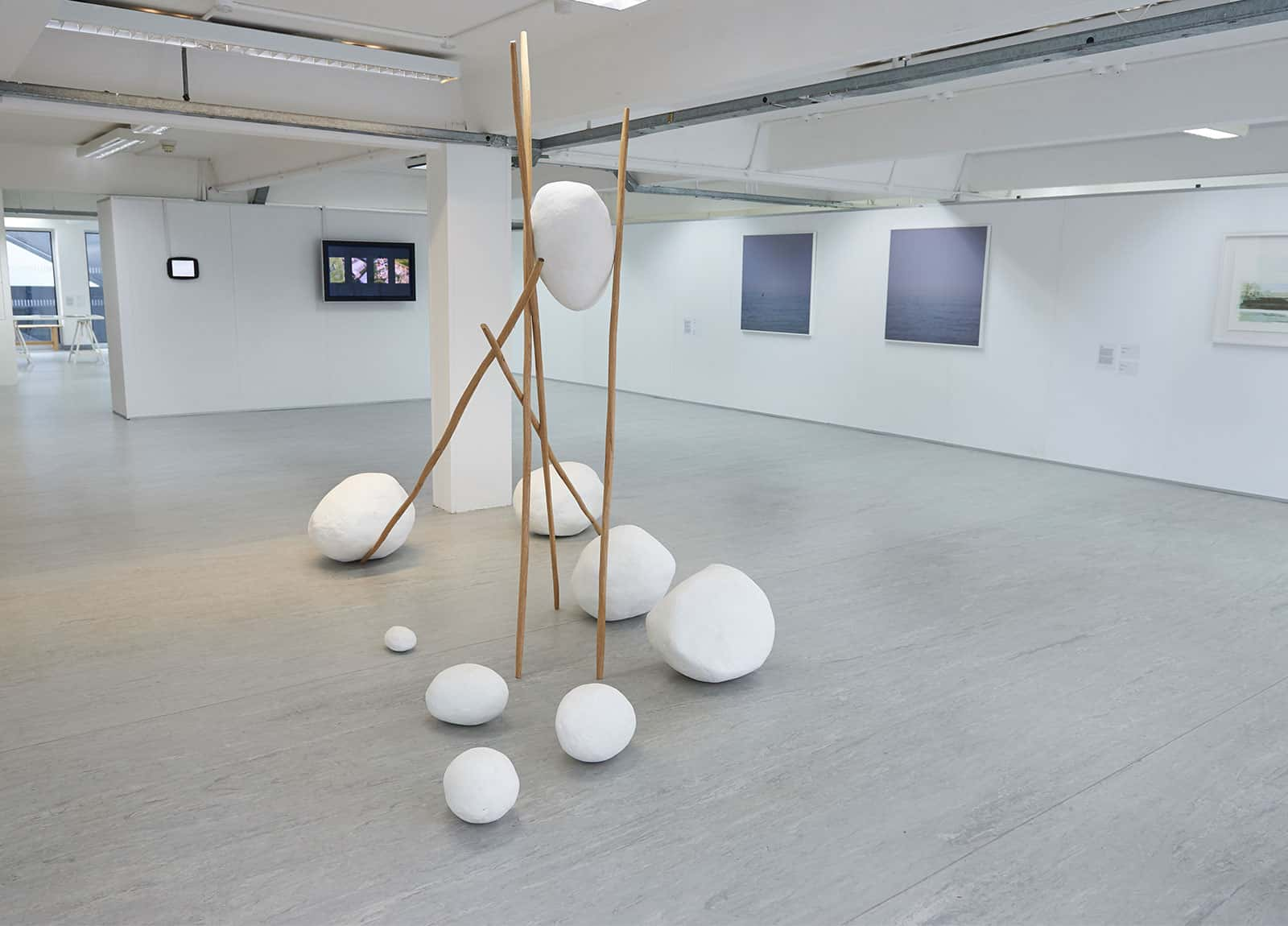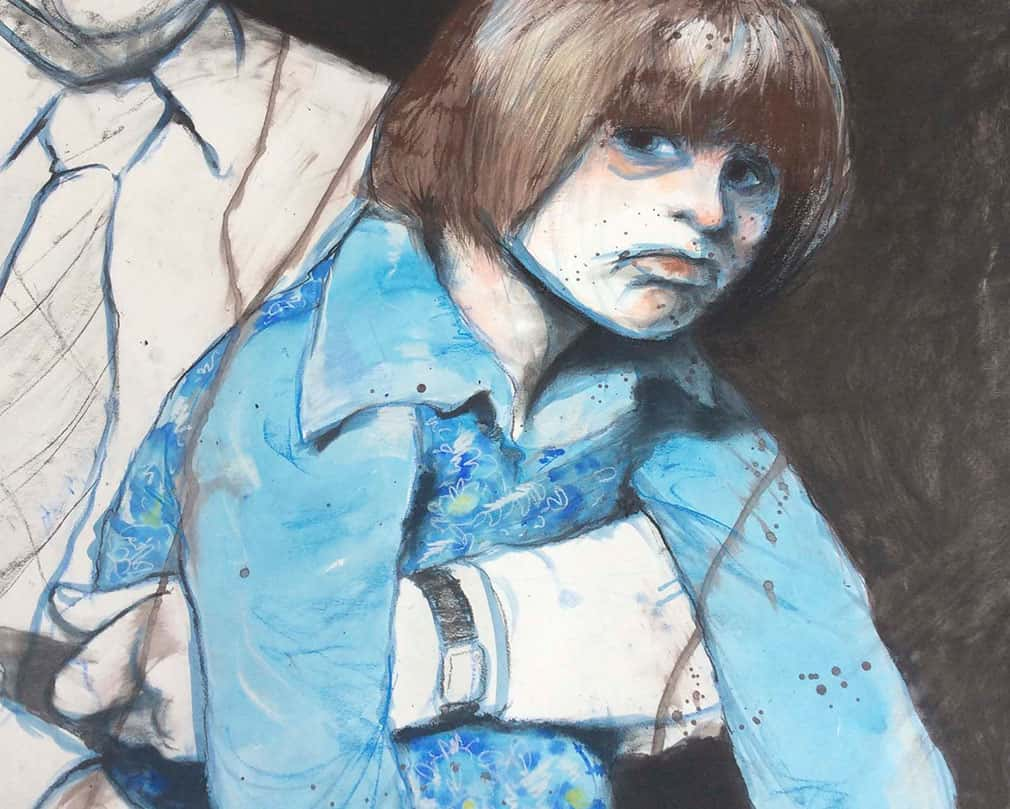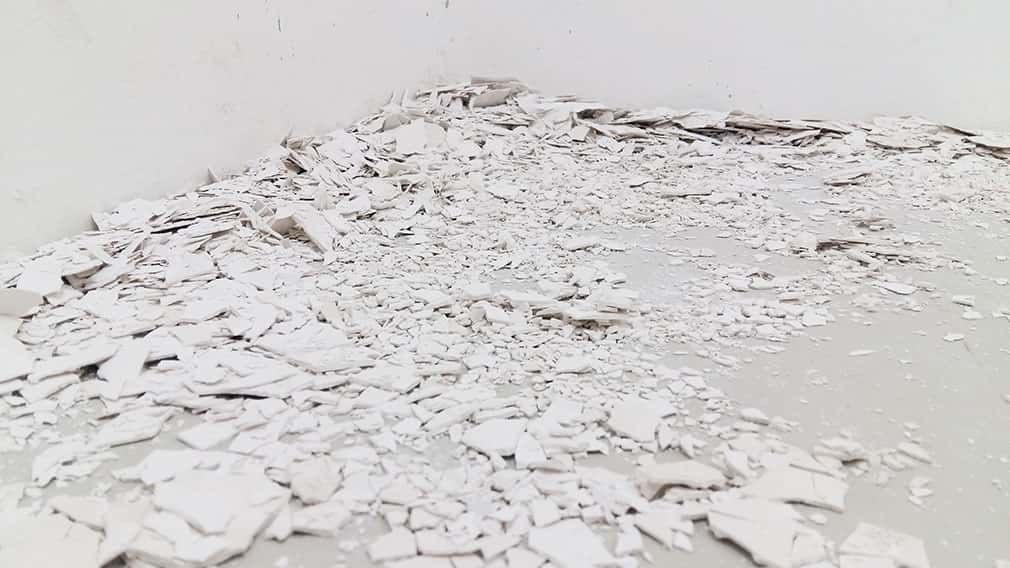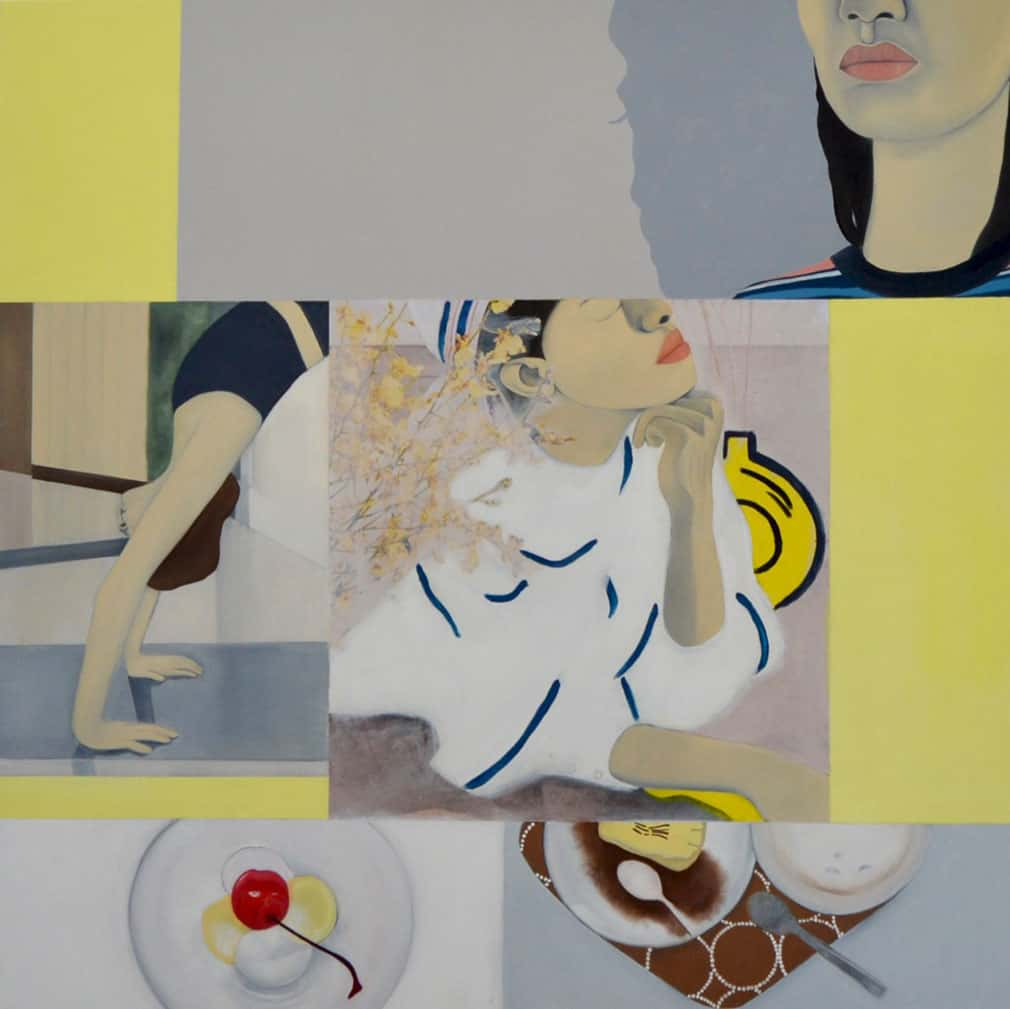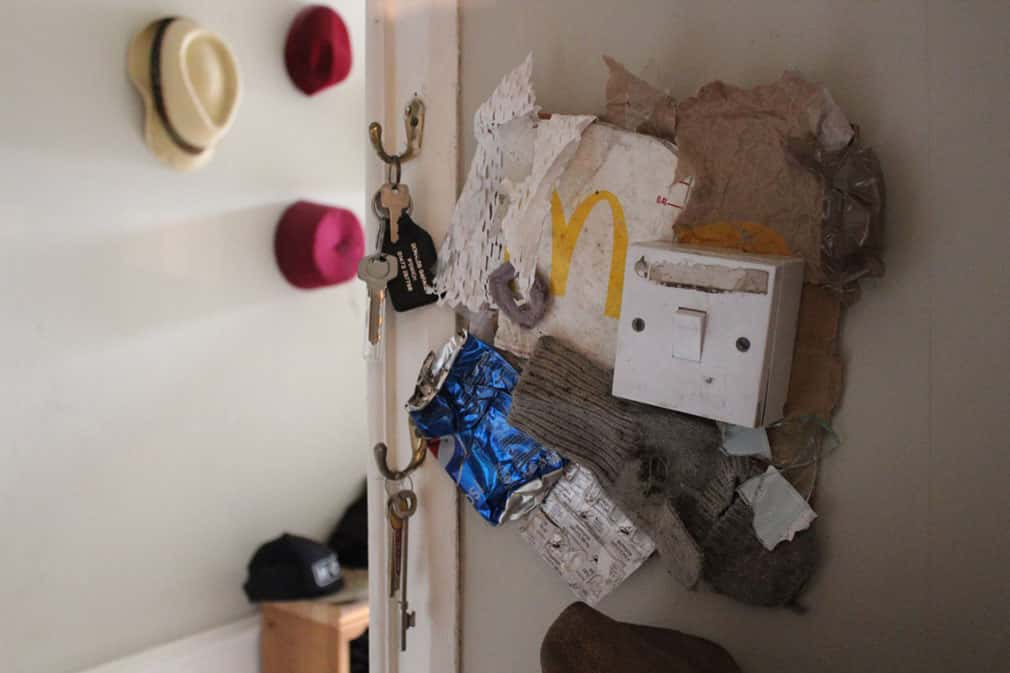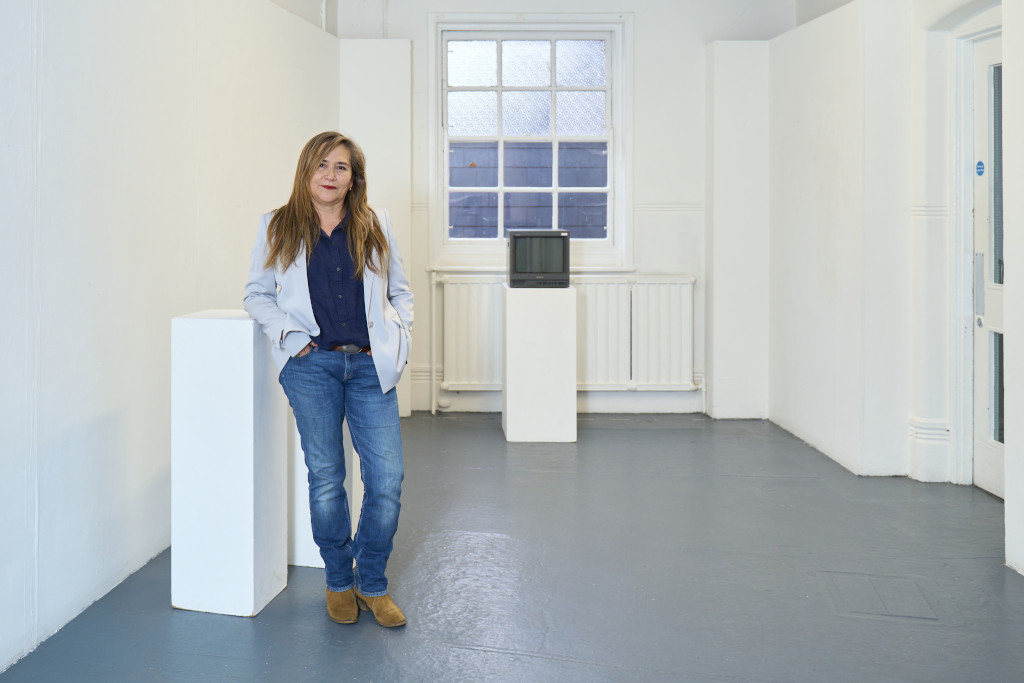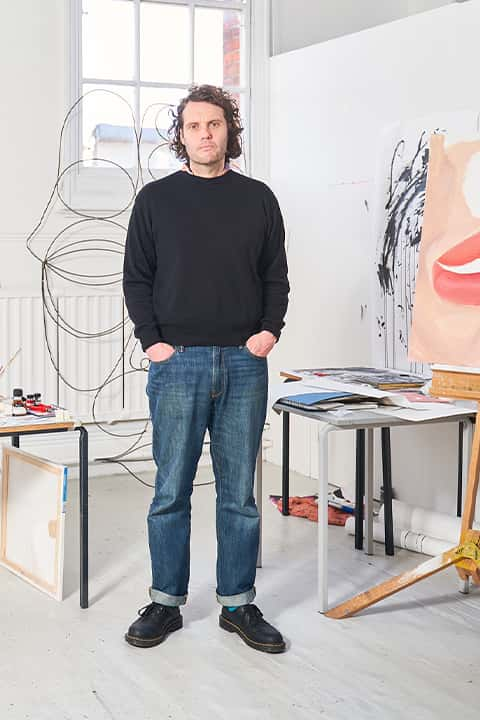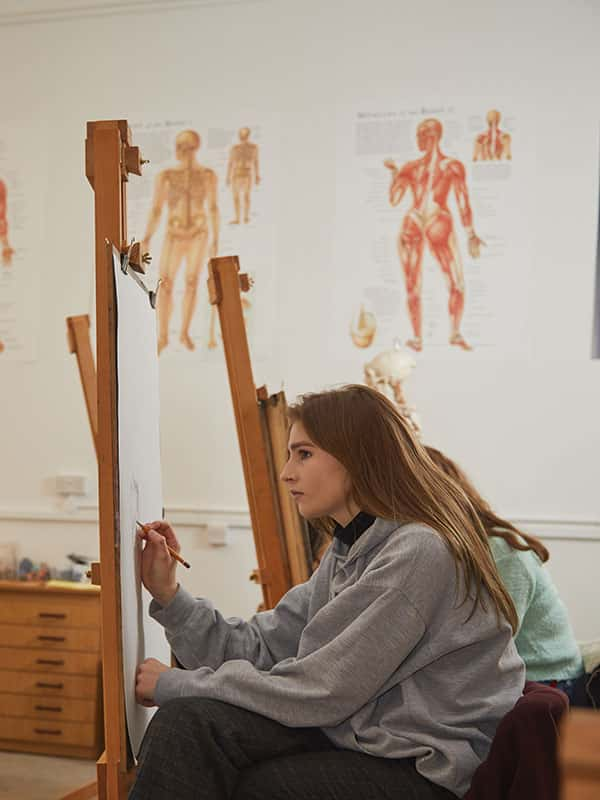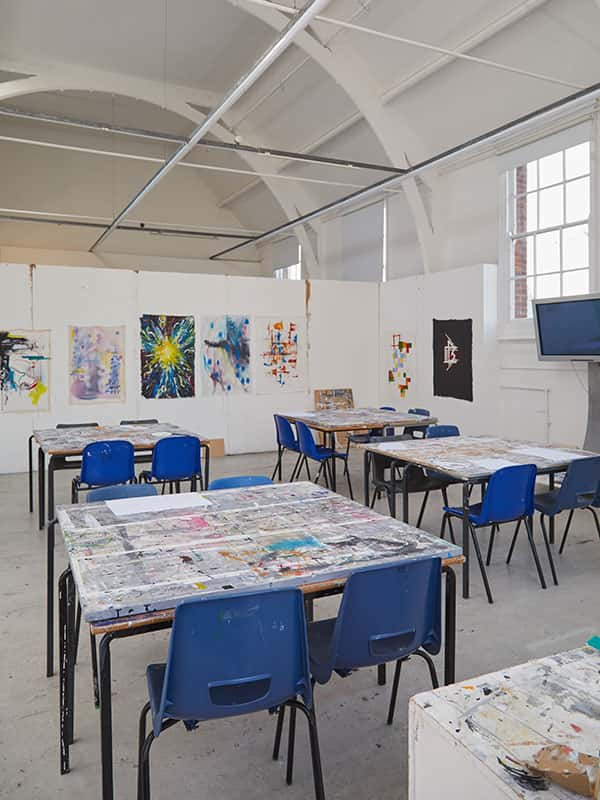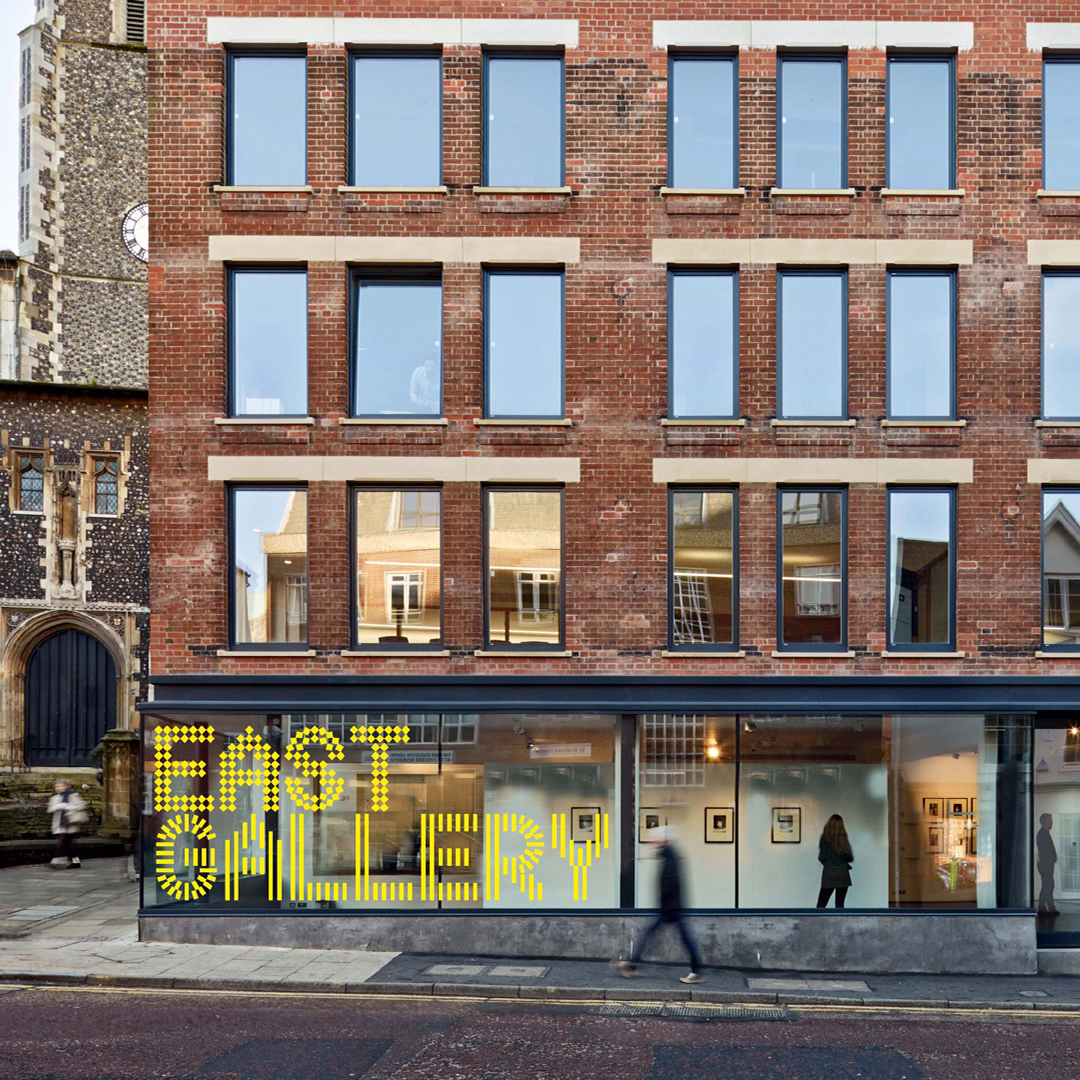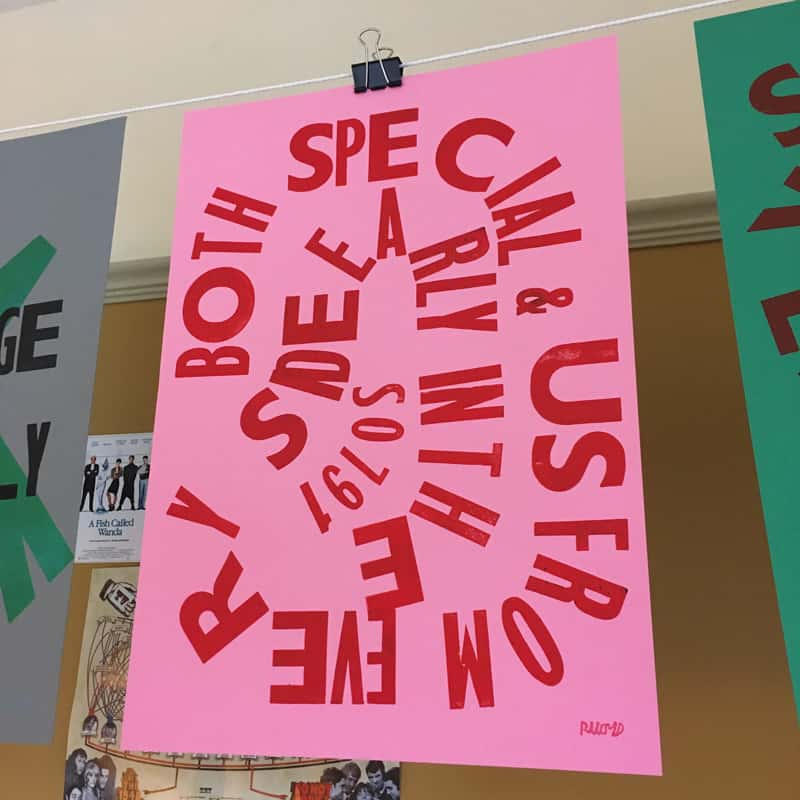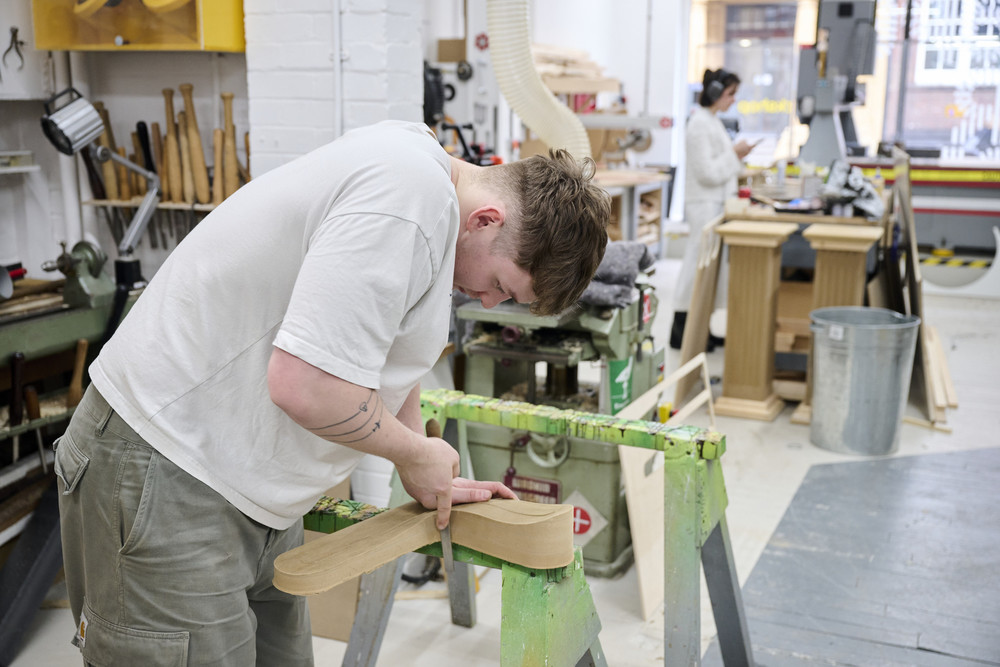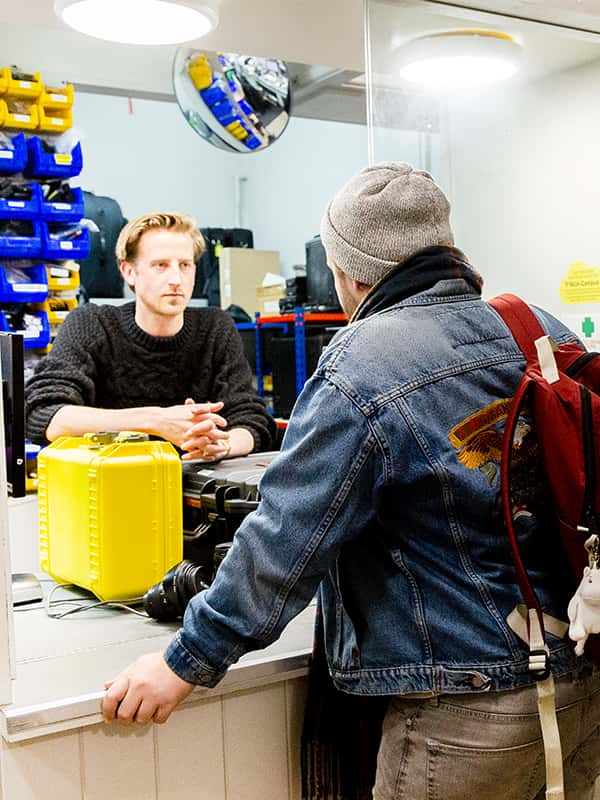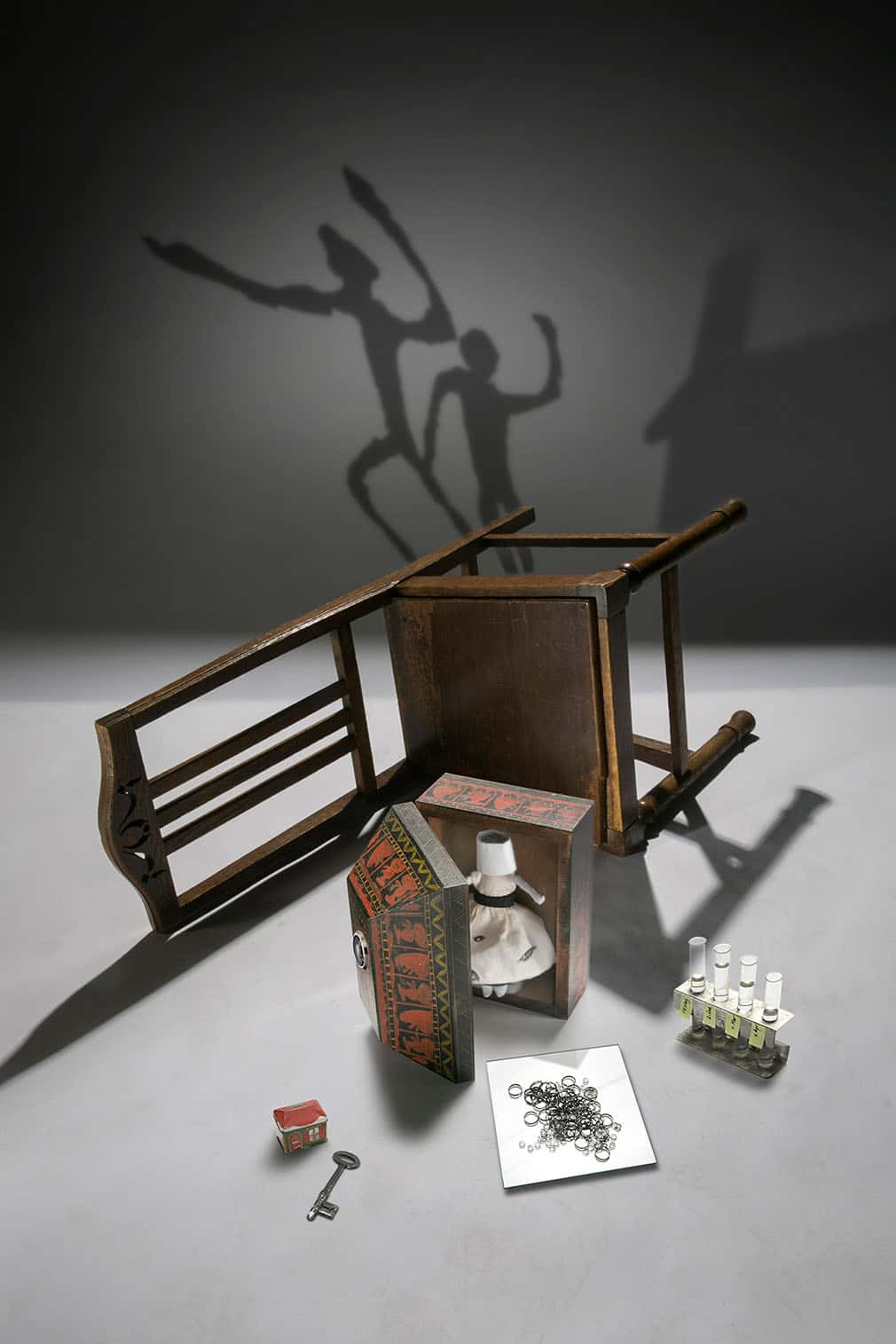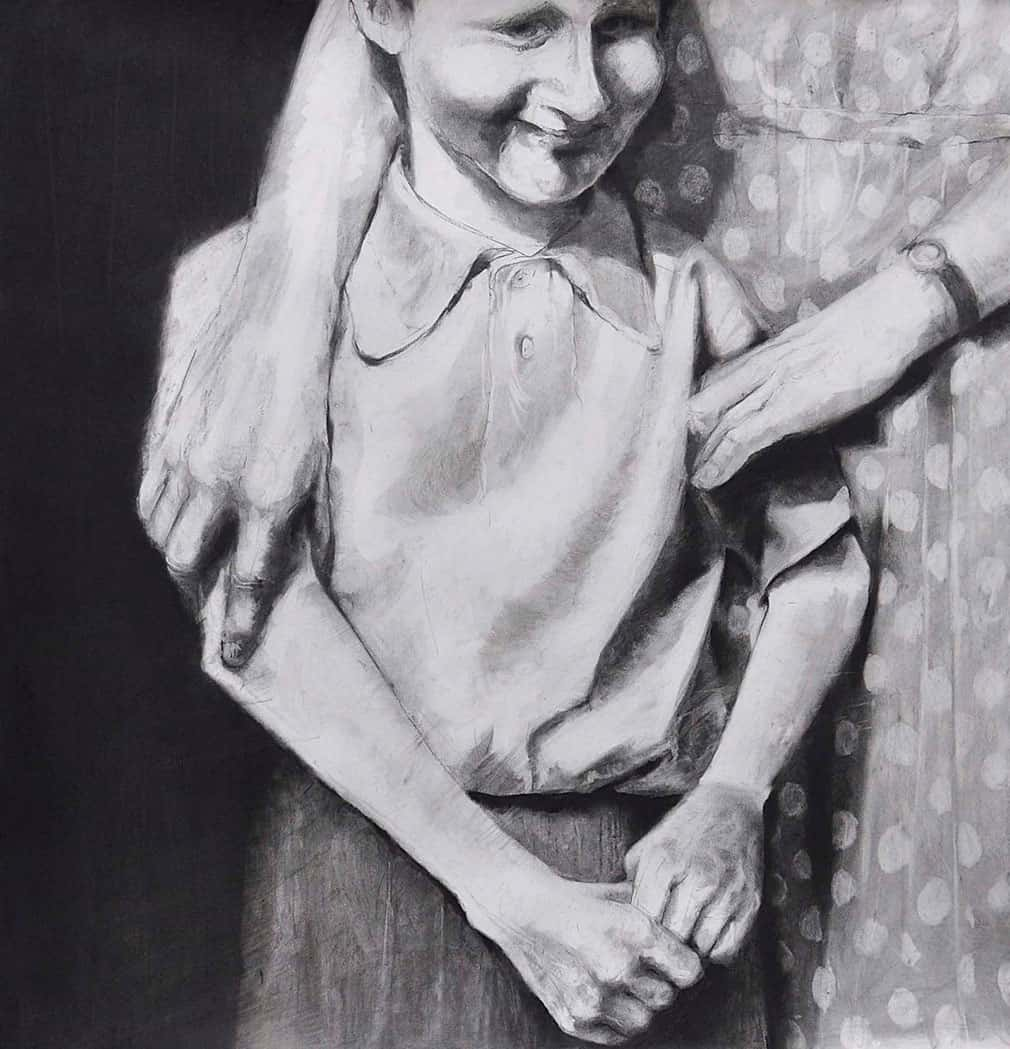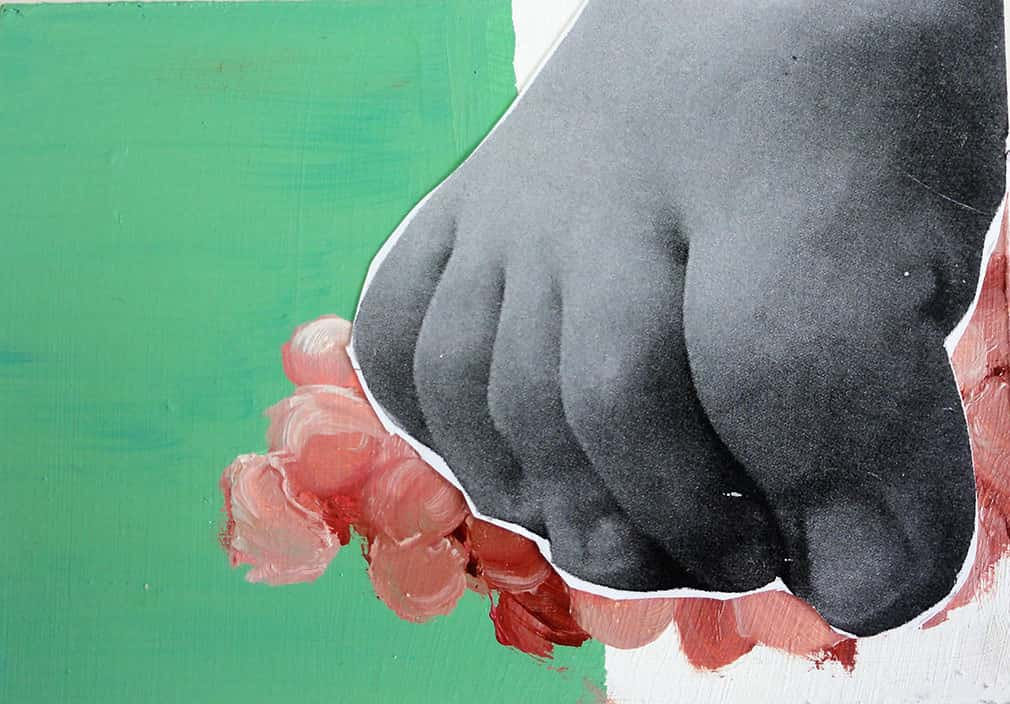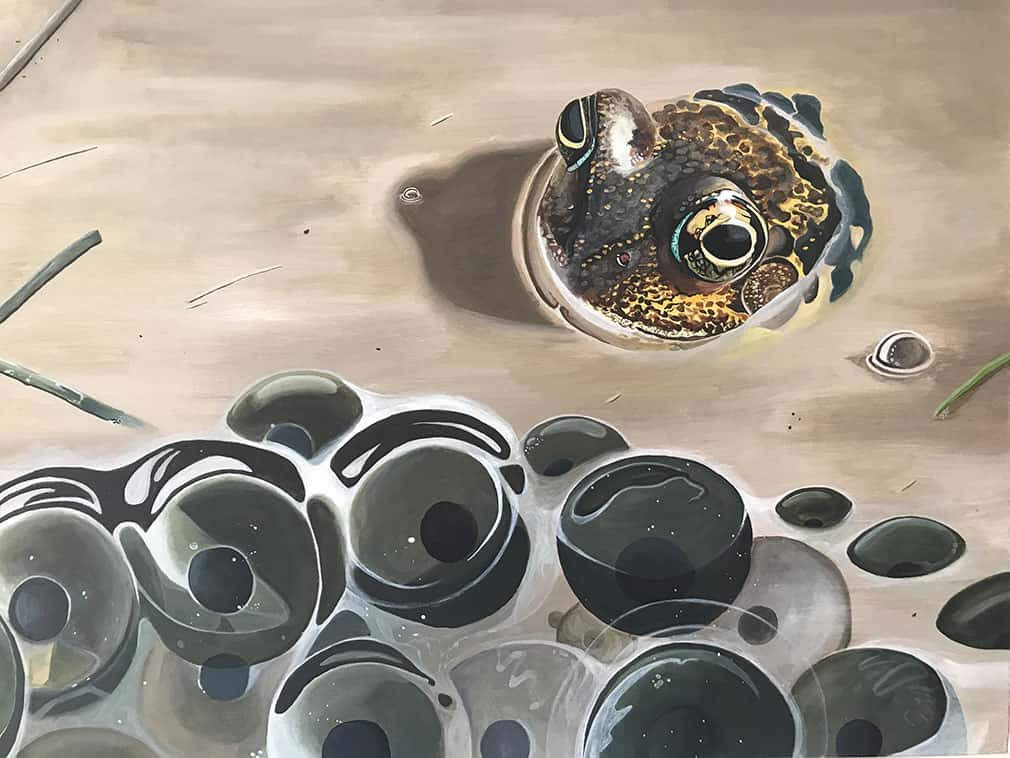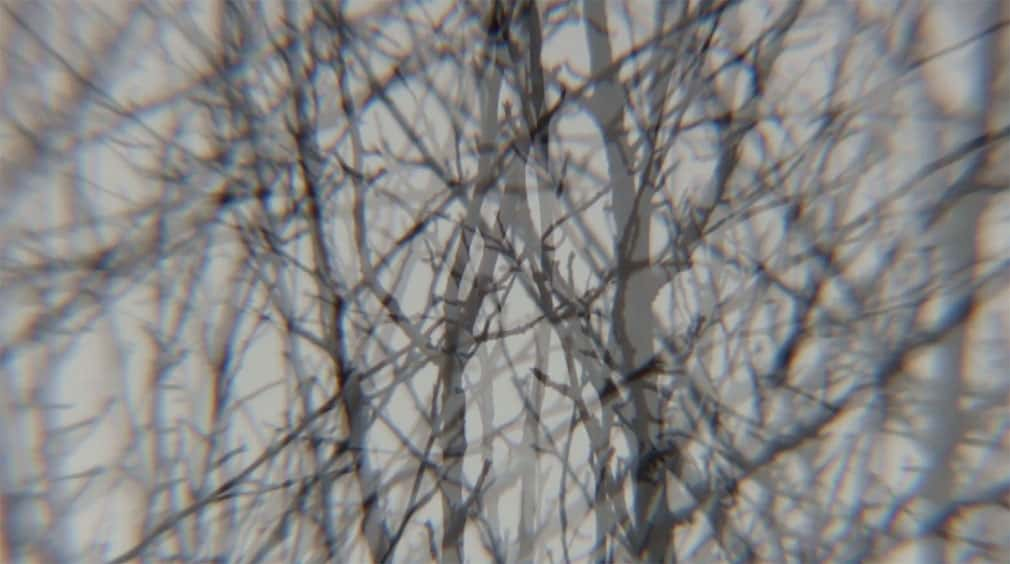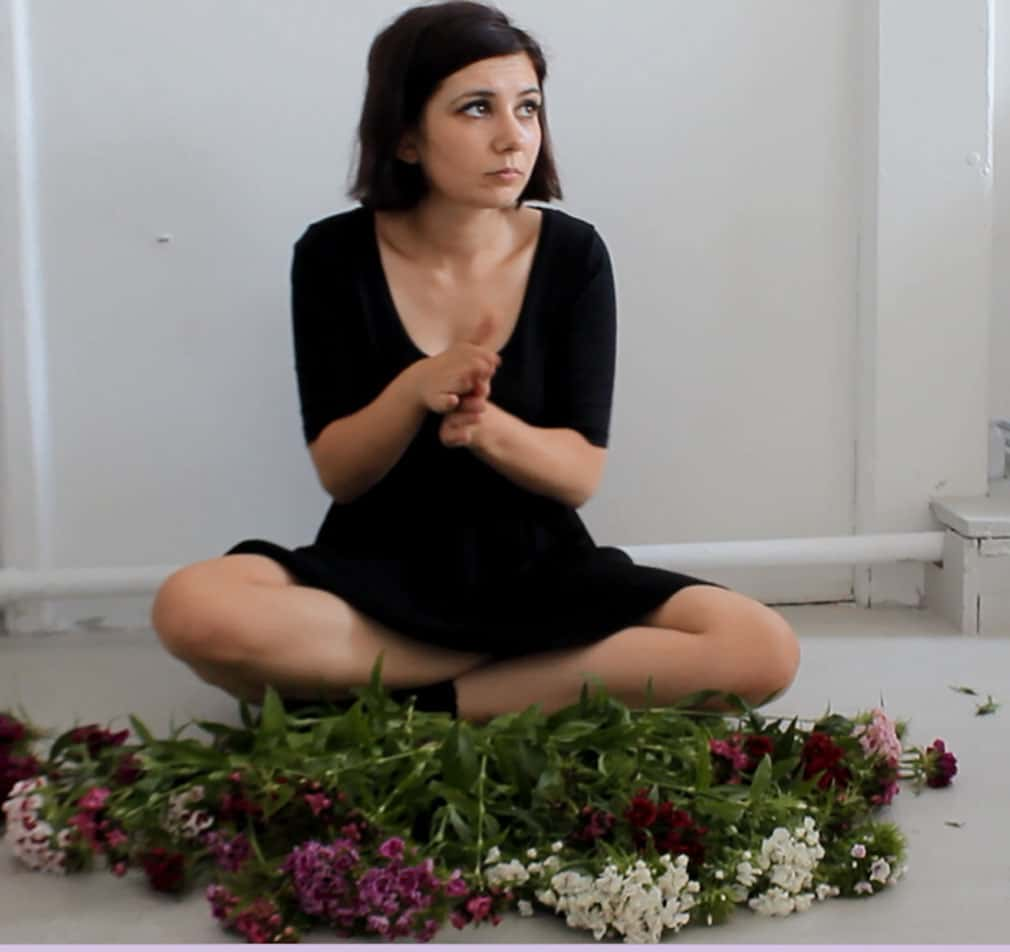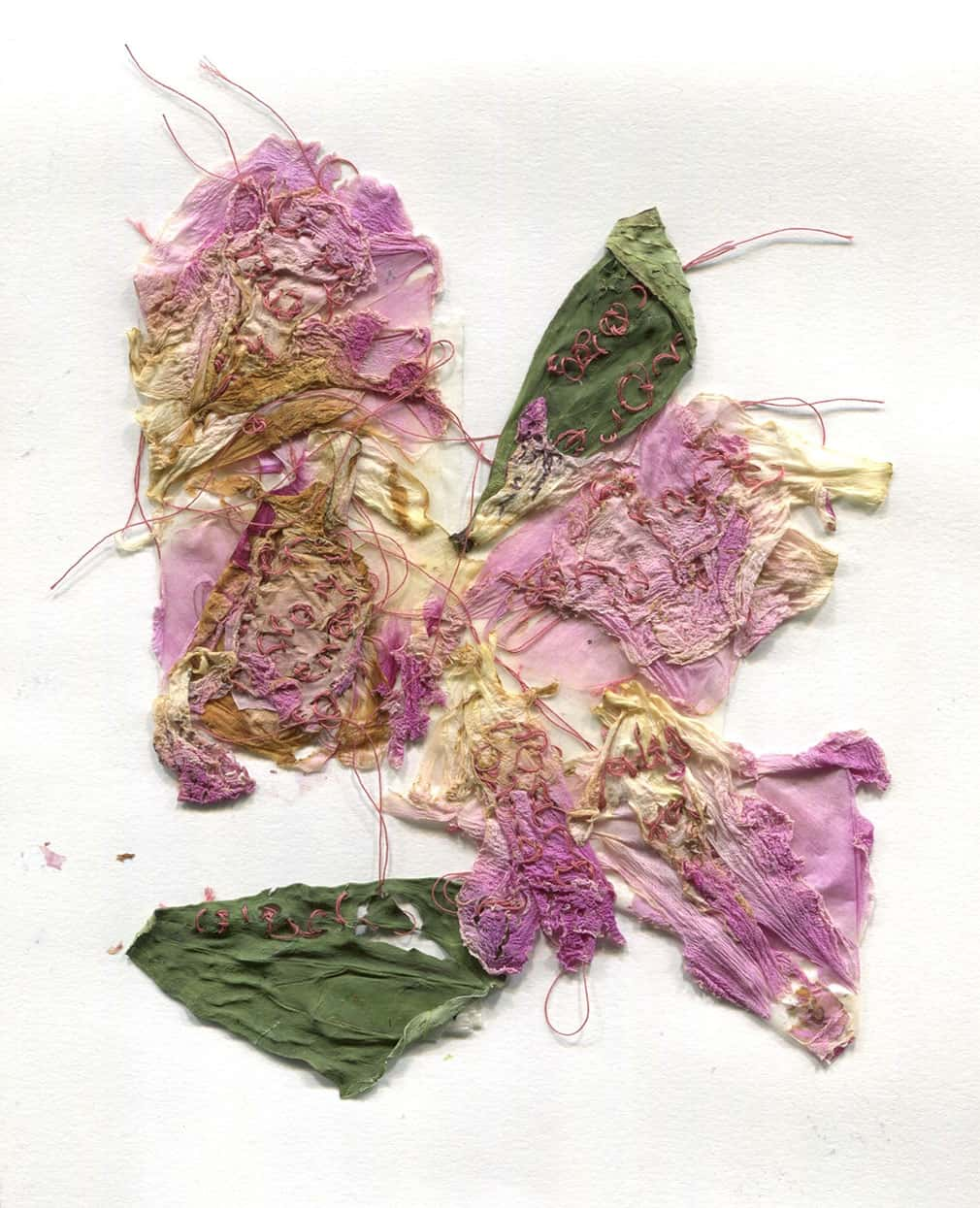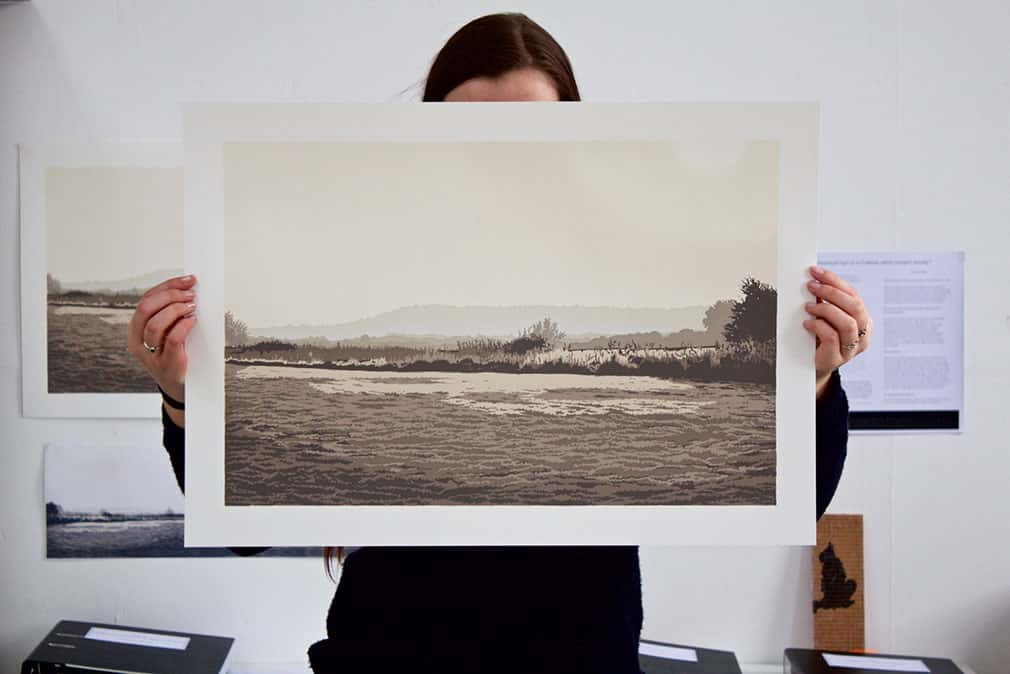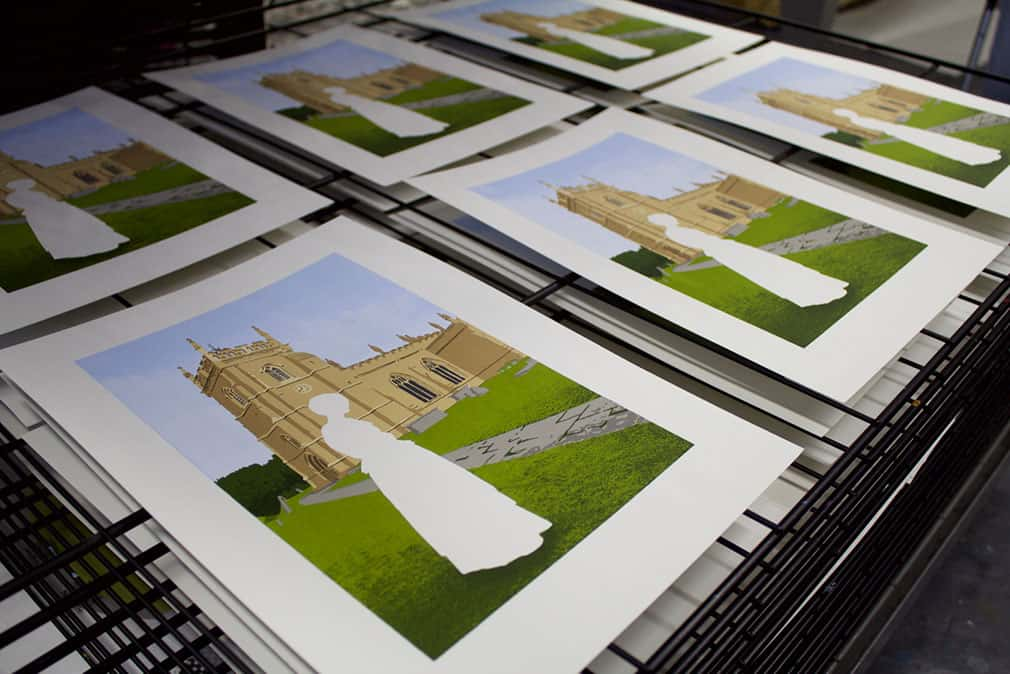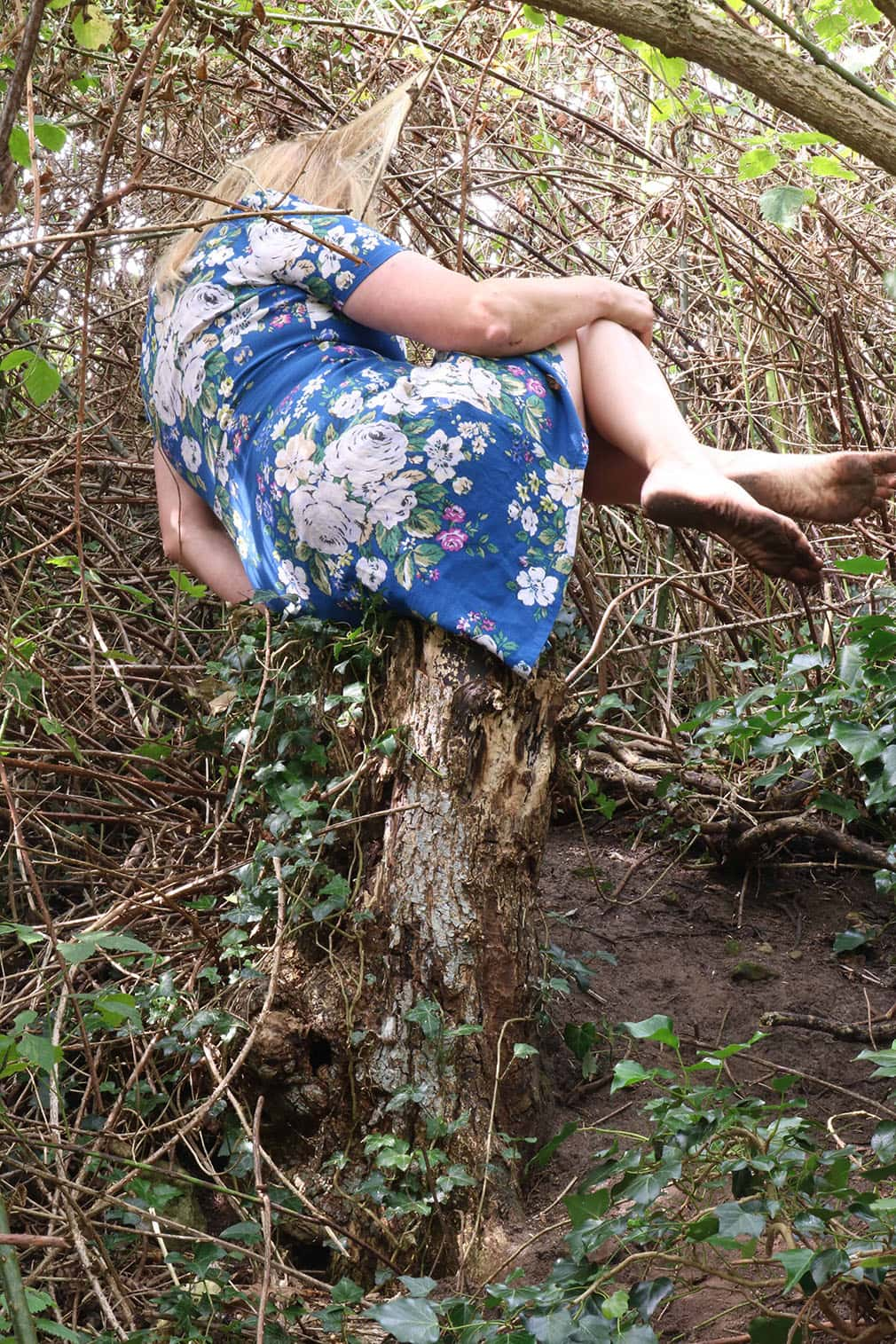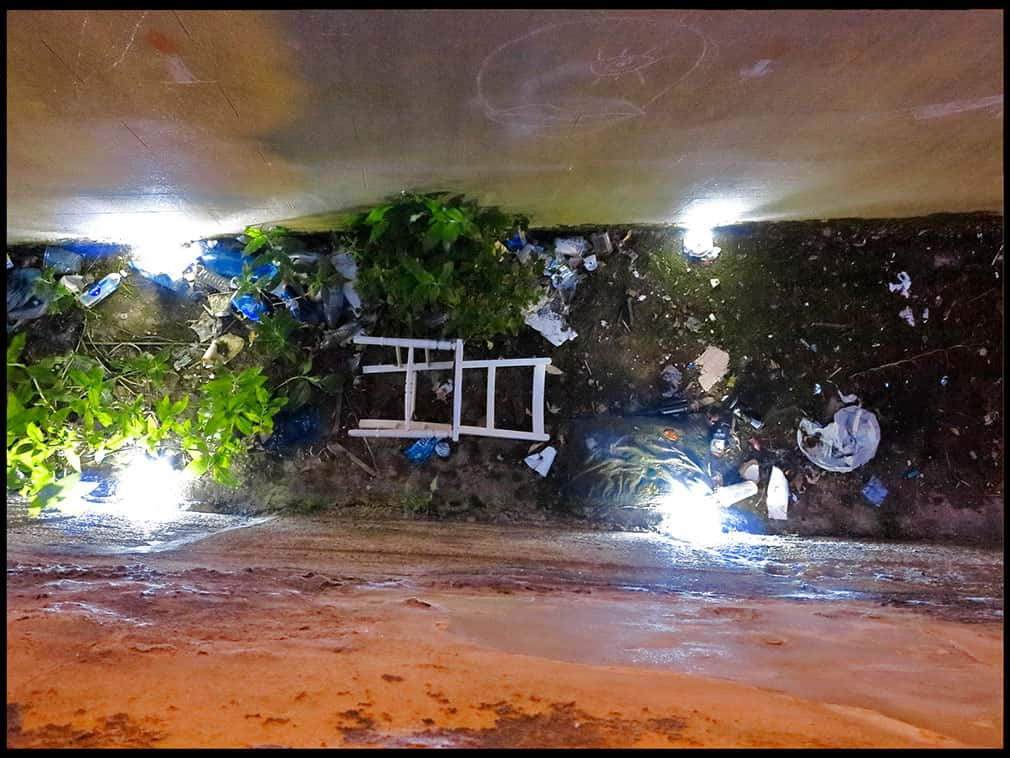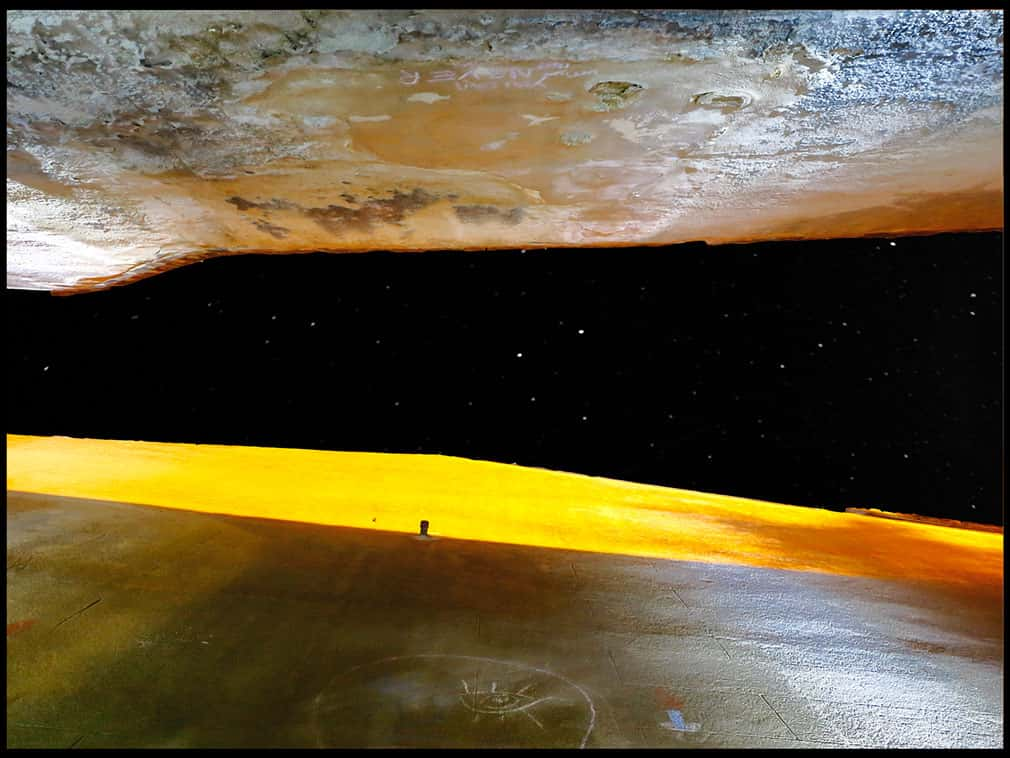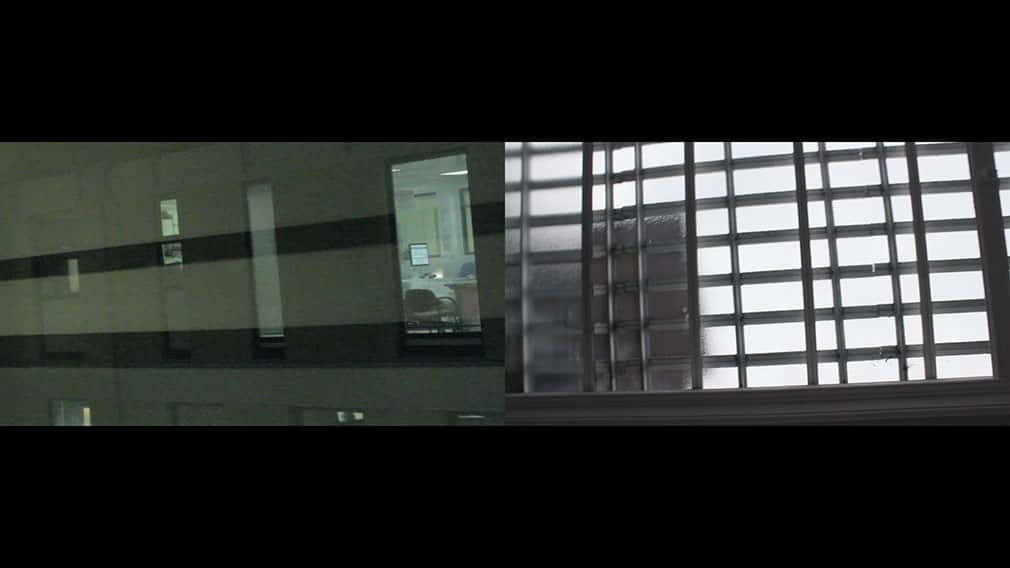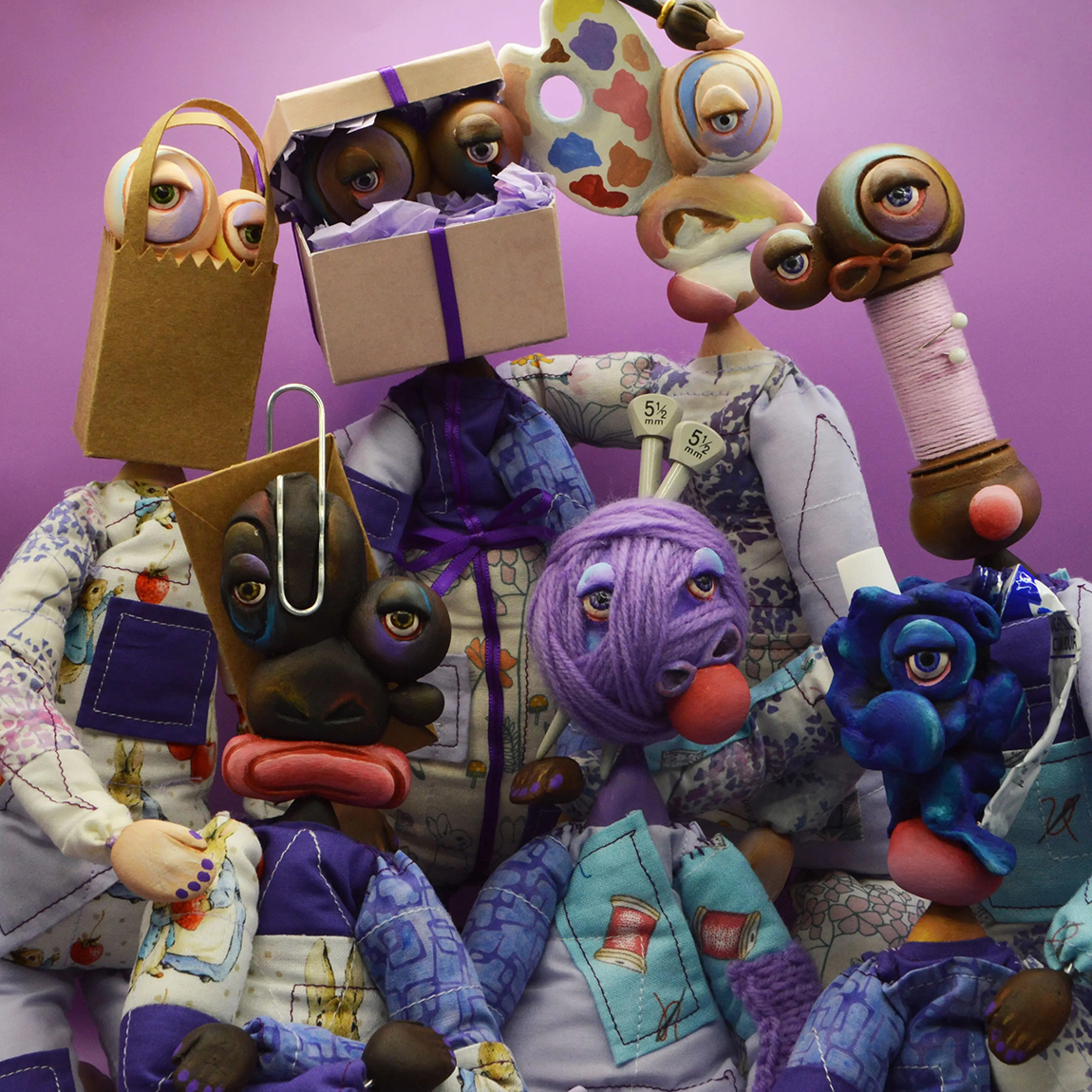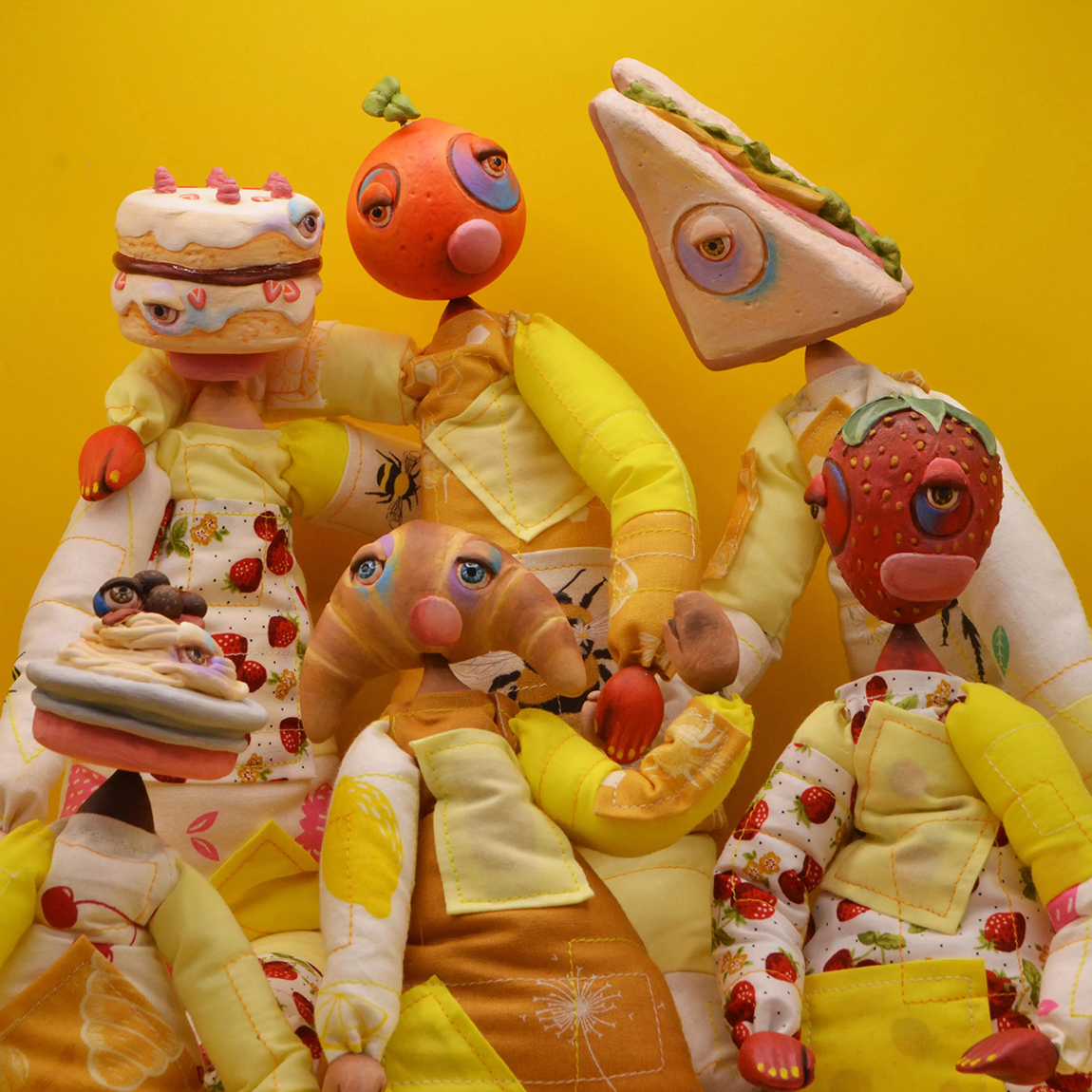
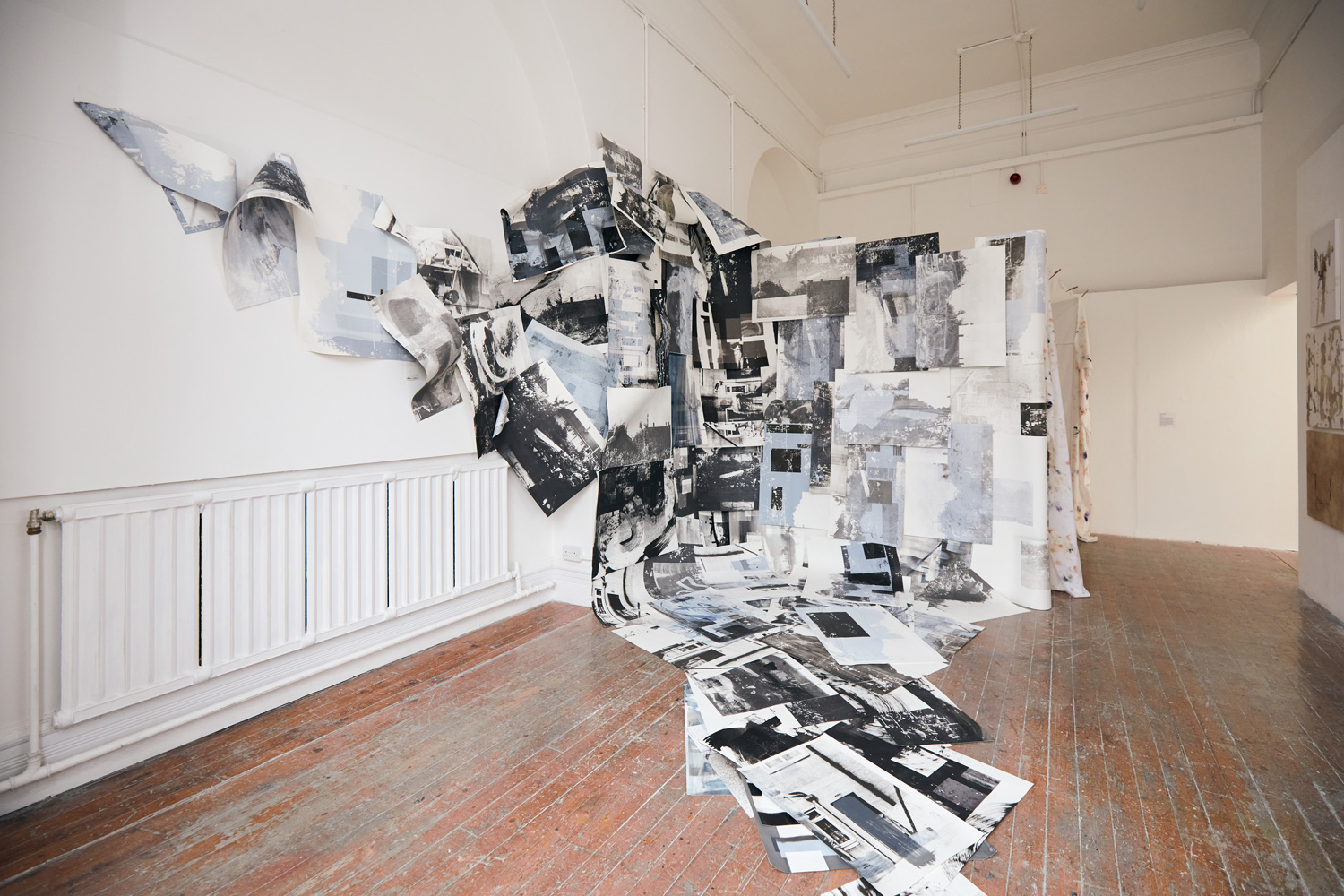
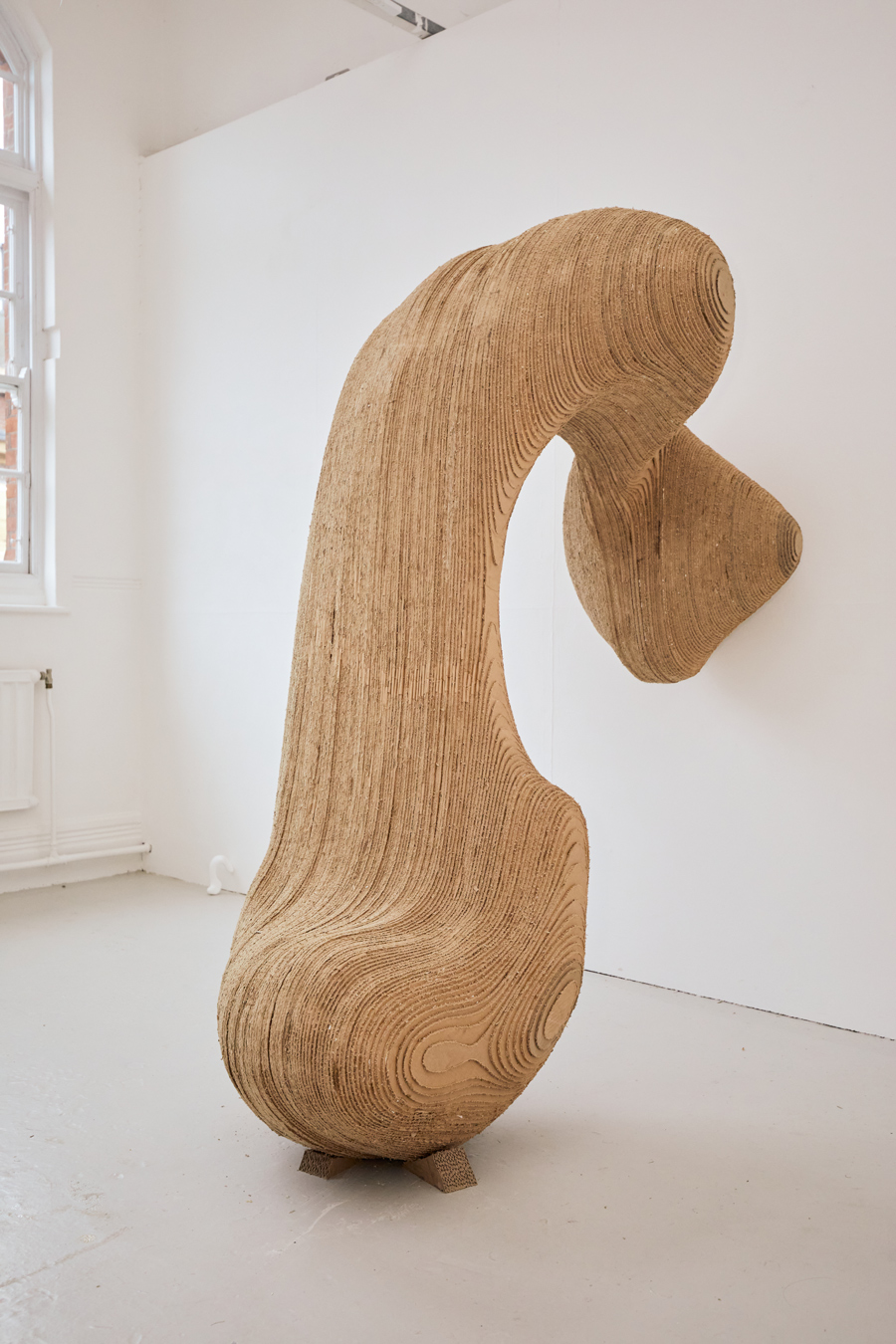
Fine Art MA
Take your Fine Art practise to another level in a supportive environment that encourages artistic innovation, exploration and debate.
-
Course Duration
Full-time 1 year, part-time 2 years
-
Annual Fees
- Home (full-time) £10,400 or (part-time, over 2 years) £6,500 per year
- Overseas (full-time) £18,860
-
Course Start
September 2026
- How to Apply Request a prospectus (opens in a new window)
Our MA Fine Art course offers a supportive and collaborative environment for practising artists to explore and innovate. Tailored for individuals seeking critical awareness of their artistic practice, the course encourages engagement with contemporary debates and ideas surrounding your work and for you to master the necessary skills appropriate to your artistic interests. Through self-directed learning and a variety of teaching methods, including lectures, workshops, and tutorials, you’ll shape your projects with staff here to support, encourage, and challenge you to facilitate new ways of thinking.
You will immerse yourself in a diverse and dynamic artistic community, fostering interdisciplinary collaboration. You will be guided by expert and visiting practitioners, who challenge and support you in developing critical and professional skills. Norwich has a long and well-established reputation as one of the leading providers of fine art education in the UK. The course’s strong connections with local, regional and national galleries, museums and festivals provide opportunities to participate in significant exhibitions and debates on contemporary art, preparing you for a wide range of career pathways in the arts, including further academic research, curating, and teaching.
Why study with us
-
Advanced Artistic Skills
Enhance your abilities in various art forms, including painting, drawing, printmaking, photography, and spatial and time-based practices. to create sophisticated and expressive works.
-
Interdisciplinary Approach
Benefit from a collaborative learning environment shared with other postgraduate courses encouraging interdisciplinary interaction and knowledge sharing, mirroring professional practices in the creative industries. Our very own East Gallery provides a showcase for high-quality public exhibitions that augment the MA Fine Art experience.
-
Professional-Level Resources
Access specialised studios and workshops for painting, drawing, printmaking, and photography, as well having access to high-specification digital facilities, including digital darkrooms, media labs, and computer labs.
-
Ethical and Inclusive Research
Engage with ethical considerations in your artistic practice, focusing on the social and ethical implications of your work encouraging you to create art that is both impactful and responsible.
-
Expertise and Industry Recognition
Our students and graduates have been selected for countless prominent exhibitions and prizes, including Bloomberg New Contemporaries, MOSTYN Open, Aesthetica Art Prize, Signature Art Prize, and the Deutsche Bank Awards for Creative Enterprise.
-
Professional Portfolio Development
Throughout the course, build a comprehensive portfolio that showcases your artistic vision and technical skills. This portfolio will be crucial in preparing you for professional opportunities and enhancing your ability to communicate your ideas effectively in the art world.
Course Details
This programme is a one-year course including 30 weeks of direct teaching time and a 15-week final project. You will need to complete three units and one 60-credit Major Project (180 credits in total). All units on the course are compulsory and must be passed in order to complete the award. If you study part-time your modules will be split across two years.
For full course details including aims and assessment criteria, download the course specification.
Core Practice and Context (60 Credits)
This unit launches your Masters’ study experience at Norwich. It encourages you to broaden your practice and research by investigating relevant ideas, issues, materials, and processes relevant to your work and creative aspirations. You will consider fine art’s role in responding to global challenges, familiarising yourself with the United Nations’ 17 goals (UN17SG) for sustainable development. The unit offers opportunities to engage with the professional art world through external contextual platforms, while studio practice and reflective analysis provide a deeper theoretical context. The use of studio critique will form a central part of the unit, and you will be expected to interrogate your practice and that of your peers. Consideration of suitable methods for display and the wider dissemination of your work forms part of the group discourse, with an opportunity to exhibit work (or work in progress) as a group in the student project spaces or digitally.
Collaborative Challenge (30 credits)
This unit emphasises the importance of collaboration and interdisciplinary approaches in addressing significant global issues through the lens of Fine Art. You will be introduced to a range of contemporary global challenges and methods for crafting creative solutions. These may include working with external agencies on real-world projects, responding to specific briefs or competitions, or engaging with simulated scenarios aligned with the UN Sustainable Development Goals. This unit focuses on community, where students can experiment, innovate, and exchange ideas. Working in groups, you will leverage the diverse skills and backgrounds of your peers to devise and implement viable, innovative creative solutions. It culminates in a group submission and an individual reflective summary, with a strong emphasis on independent study, practical skills development, and building a strong professional network and experience in interdisciplinary collaboration.
Project Design and Development (30 credits)
This unit is designed to develop your ability to design and execute a creative or research project in Fine Art, providing essential tools and methodologies. It provides a comprehensive toolkit for undertaking major projects and prepares students for further academic or industry research. It introduces a broad spectrum of research methods from the arts, humanities, and social sciences, tailored to fit your unique artistic practice. The unit emphasises both practical and theoretical approaches, encouraging the use of traditional and contemporary media. Students will refine their skills in project planning, ethical considerations, and the application of both digital and analogue tools. The unit includes independent study and expert-led tutorials, culminating in the creation of a contextual review, a detailed project plan, and an ethics review. This foundation will prepare you to push the boundaries of your discipline and establish a distinct artistic voice.
Major Project (60 Credits)
The Major Project forms the culmination of your Master’s study and offers a unique opportunity for self-directed study, allowing you to deeply explore your creative vision and articulate it to diverse audiences. This unit challenges you to produce a professional-quality body of work, demonstrating an advanced understanding of your specialism within the context of other fine art practices and broader socio-cultural issues, including global challenges like social and environmental sustainability. You’ll refine your research skills, selecting appropriate methods and materials to innovate within your field. As the project progresses, you’ll work increasingly independently, with regular guidance from your supervisor. The final project outcomes will be expected to showcase your ability to apply your learning in both professional and research contexts, highlighting new insights and contributions to your discipline.
Download course specifications
Learning and teaching
The course is delivered through a variety of engaging learning and teaching methods.
-
Lectures
-
Seminars
-
Tutorials
-
Technical labs
-
Independent and group work
Assessment
Our assessment methods will vary based on the unit you choose and provide a comprehensive measure of your learning and progress. These methods may include:
- Critically reflective essay
- Course work
- Presentations
- Learning journal
- Reflective evaluation
- Body of creative work
- Reflective research report
- Team project evaluation
- Major project
- Supporting documentation
Some of the people you’ll be working with
Our Facilities
Look around our city-centre campus, and you will find studios, media labs, and creative spaces in 13 buildings that sit among the cafés, bars, independent galleries and shops of Norwich’s cultural quarter.
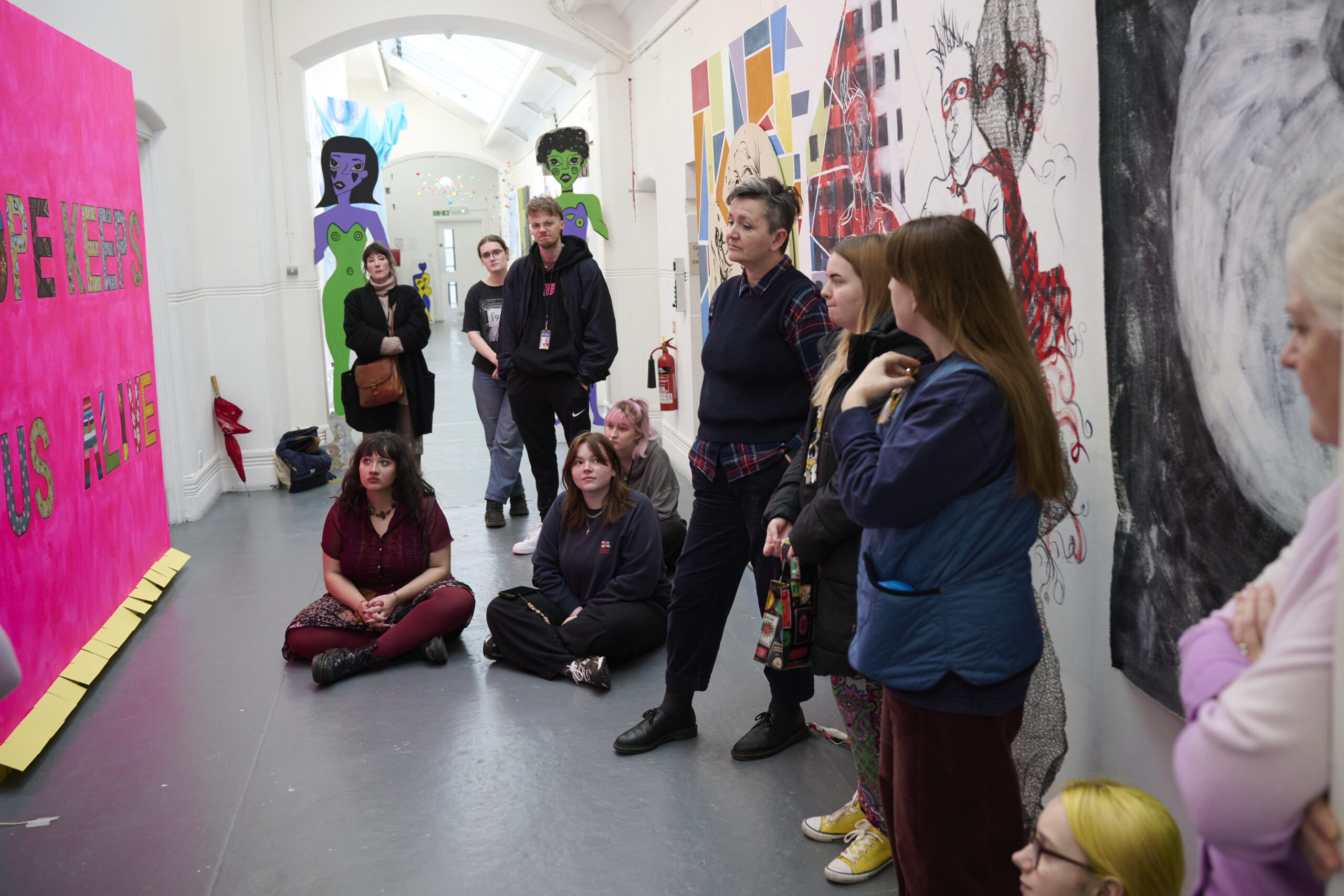
Typical career paths
- Practising Artist
- Artist-Curator
- Exhibition Organisation
- Arts Administration
- Teaching/Lecturing
- Research/PhD Study
The UK’s creative sector is thriving, contributing £111.7 billion annually to the economy and offering over 2 million jobs.
Department for Digital Culture Media and Sport (DCMS)
Entry Requirements
Entrants should normally have achieved a BA (Hons) / BSc Degree of 2:1 or above (or its equivalent), in a subject related to your proposed course of study.
Applicants who hold a Degree from another discipline may also be considered for entry, subject to the submission of a satisfactory portfolio of art, design or media-related work in support of their application.
Those with industry experience or relevant skills from non-traditional backgrounds are encouraged to apply, including individuals currently employed. If you’re unsure about your eligibility, please contact us for guidance before applying.
English language requirements (International/EU)
If English is not your first language, IELTS 6.5 (or equivalent) is required, with a minimum of 5.5 in reading, writing, listening, and speaking. we also accept other English language qualifications.
International Qualifications
We accept a wide range of qualifications from all over the world.
For information on entry requirements from your country, see our international pages.
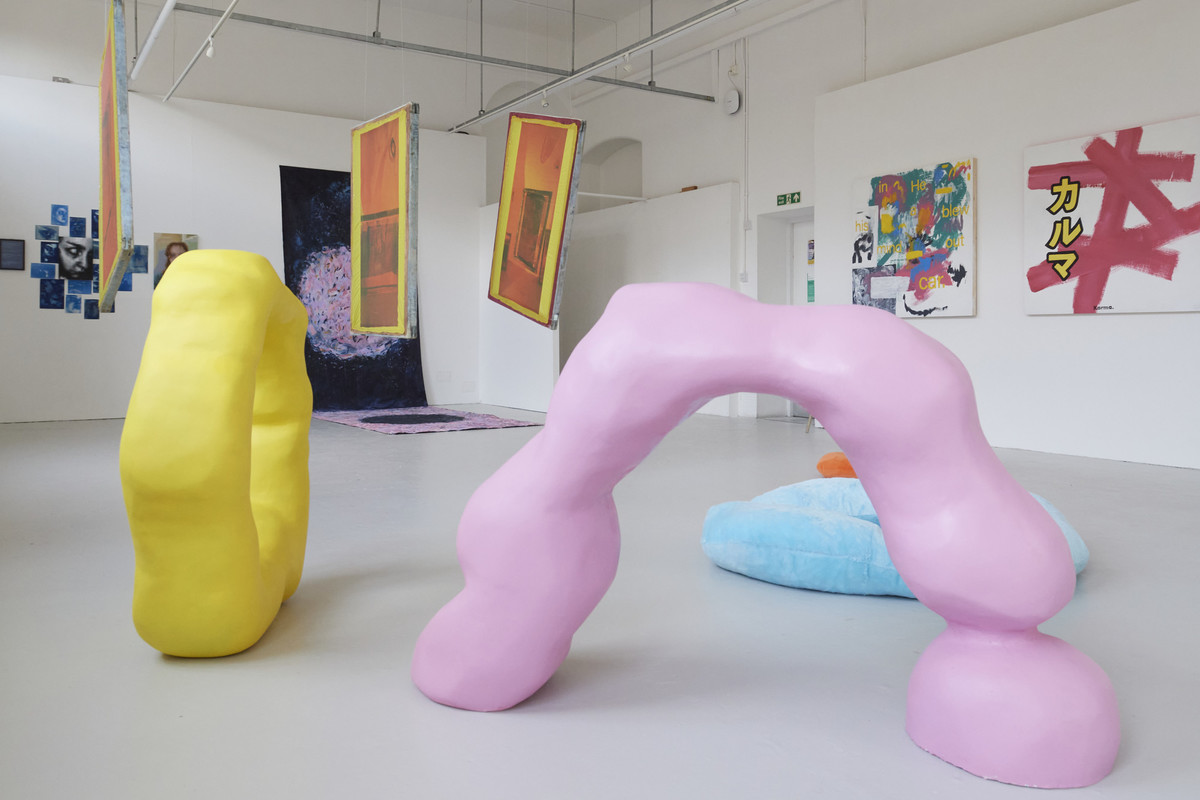
Fees and funding
Home
Tuition fees for the 2026/27 academic year
- Full time: £10,400
- Part time: £6,500 per year
The level of fee that you will be asked to pay depends on whether you’re classed as a UK
(home) or international student. Check your fee status.
Fees for subsequent years
The rules for inflation on fees in subsequent years depend on the type of fee status and level
For Home and overseas postgraduate degree students starting in 2025, fees will remain the same for each year of your course.
Funding your study
Depending on your circumstances, you may qualify for a bursary, scholarship or loan to help fund your study and enhance your learning experience. Find out more about scholarships and funding.
International
Tuition fees for the 2026/27 academic year
- Full time: £18,860
The level of fee that you will be asked to pay depends on whether you’re classed as a UK
(home) or international student. Check your fee status.
Fees for subsequent years
The rules for inflation on fees in subsequent years depend on the type of fee status and level
For home and overseas postgraduate degree students starting in 2026, fees will remain the same for each year of your course.
Funding your study
We offer a range of scholarships and bursaries for international students. To find out more and see if you’re eligible, please visit the scholarships for international students page.
Additional costs
Your course fees cover the cost of studies, and include loads of benefits, such as the use of our library, support from our expert employability team, access to workshops and free use of the IT equipment across our campuses. There are also other costs which you may need to consider.
How to apply
Home
Applications to our postgraduate courses should be made directly to Norwich University of the Arts using a Postgraduate Application Form.
Applications should be returned to admissions@norwichuni.ac.uk
Please see our Terms and Conditions and Admissions Policies for further details.
International
Postgraduate applicants can only apply directly by completing the below online application form or emailing the downloadable form to ioadmissions@norwichuni.ac.uk
International students requiring a visa should apply as soon as possible in the year they wish to start. Email our International Team for more information. Please see our Terms and Conditions and Admissions Policies for further details
-
Adrienne Cameron
Fine Art MA
Elizabeth Monahan
Fine Art MA
Emily Furber
Fine Art MA
Emma Rushton
Fine Art MA
Jay Manchand
Fine Art MA
Jayne Bushell
Fine Art MA
Jessica Burgess
Fine Art MA
Kaitlin Read
Fine Art MA
Kirstie Aylen
Fine Art MA
Lauren Brunt
Fine Art MA
Louise Walker
Fine Art MA
Richard Palser
Fine Art MA
Sophie Porter
Fine Art MA
Kimberley Gaskin
Fine Art BA (Hons)
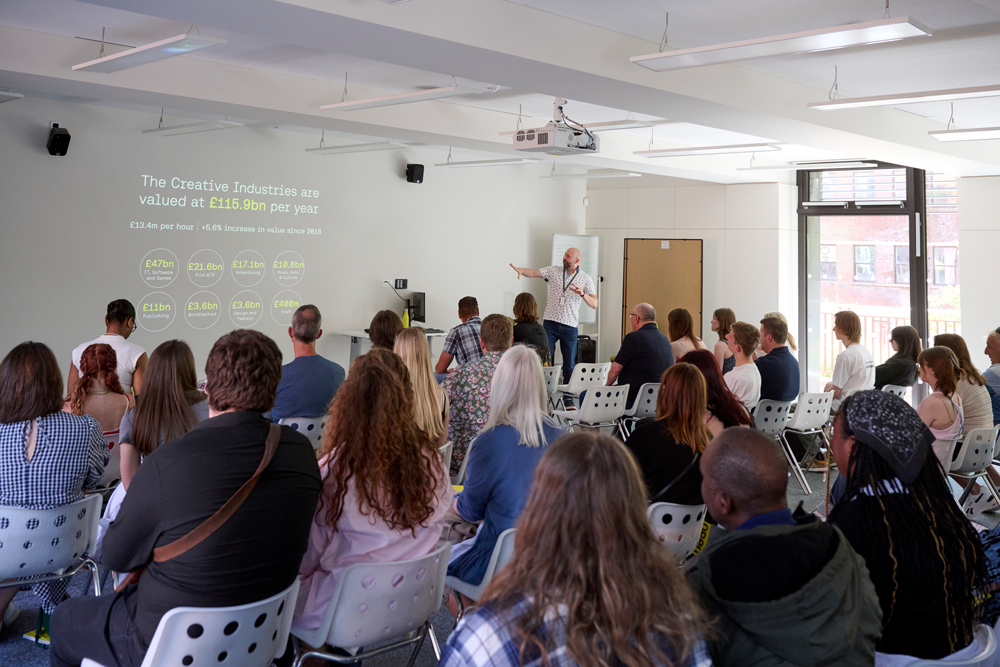
Latest news
-
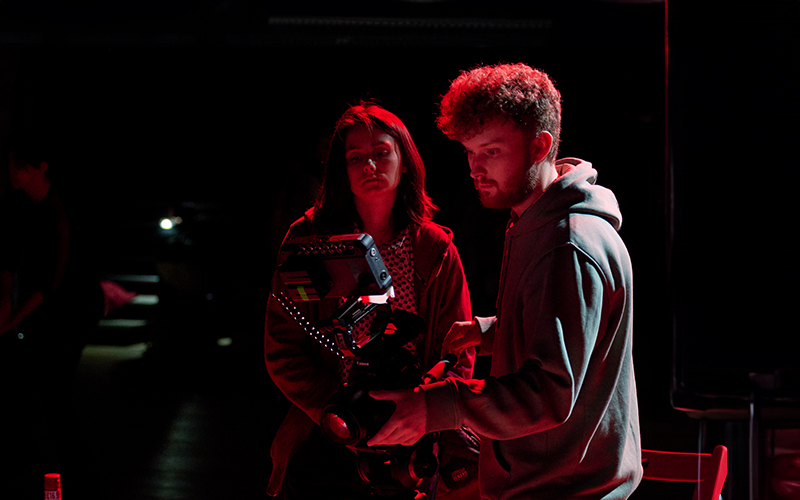 MA Communication Design •
MA Communication Design •What's the difference between undergraduate and postgraduate study?
We explore how postgraduate study could unlock your creative potential and future prospects. -
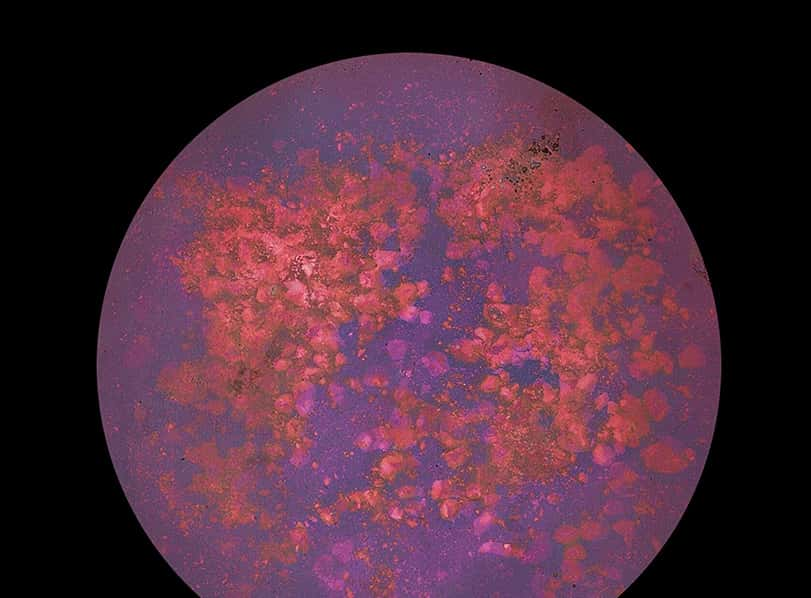 Alumni •
Alumni •Fine Art graduate selected to exhibit at pioneering space research centre
Holly Sandiford has recently exhibited at Leicester's Space Park as part of Space: Science & Nature. -
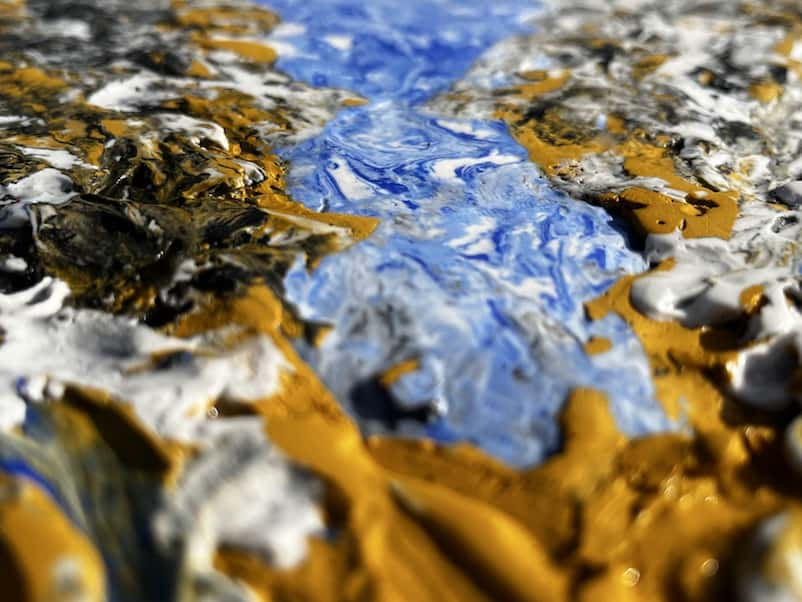 MA Fine Art •
MA Fine Art •Success for MA graduate in international book launch competition
Dawn Christien, MA Fine Art, won the book launch competition for the novel 'Tiepolo Blue' -
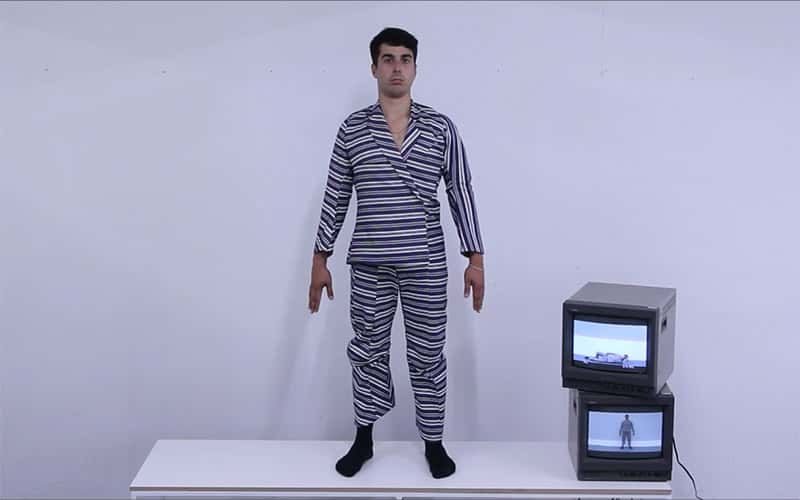 BA Fine Art •
BA Fine Art •We Are MA: Doron Beuns, MA Fine Art
Doron Beuns discusses his practice and what he's been working on since graduating. -
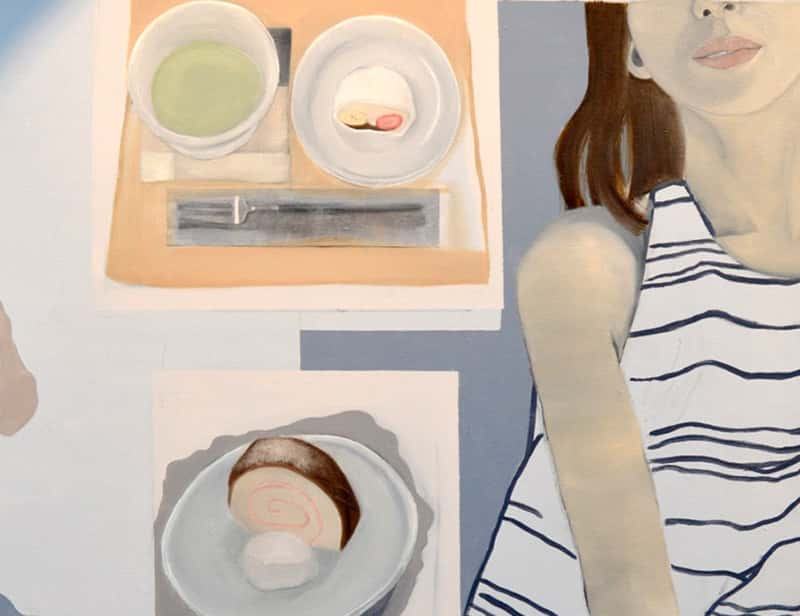 Alumni •
Alumni •Graduate work showcased in British Vogue
BA (Hons) Fine Art graduates Jess Burgess and Ellie Davison Archer have been featured in May's issue -
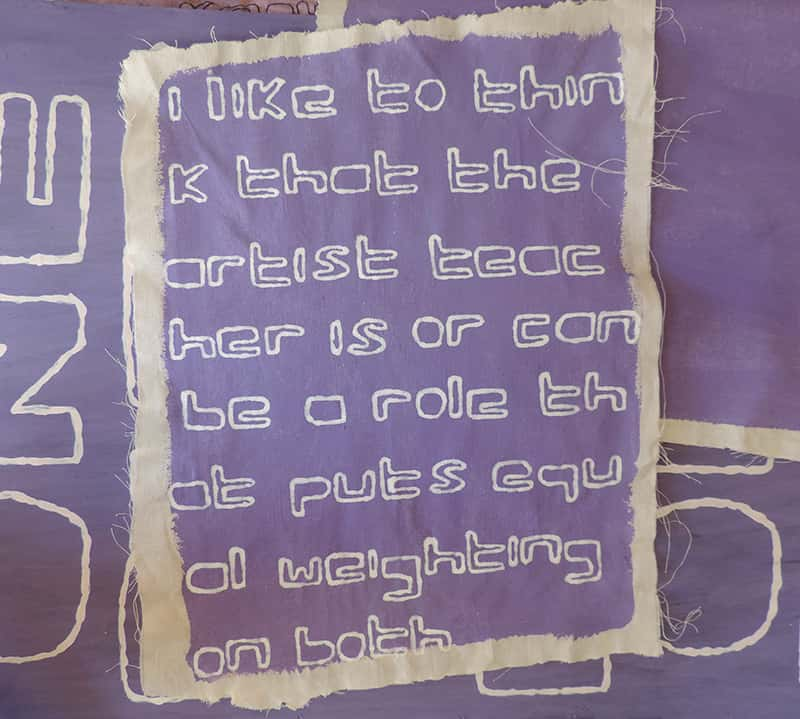 Alumni •
Alumni •PhD Research Assistant nominated in the Nexus Education Awards 2022
Abbie Cairns has been nominated in the NQT/ECT Inspiration Award category. -
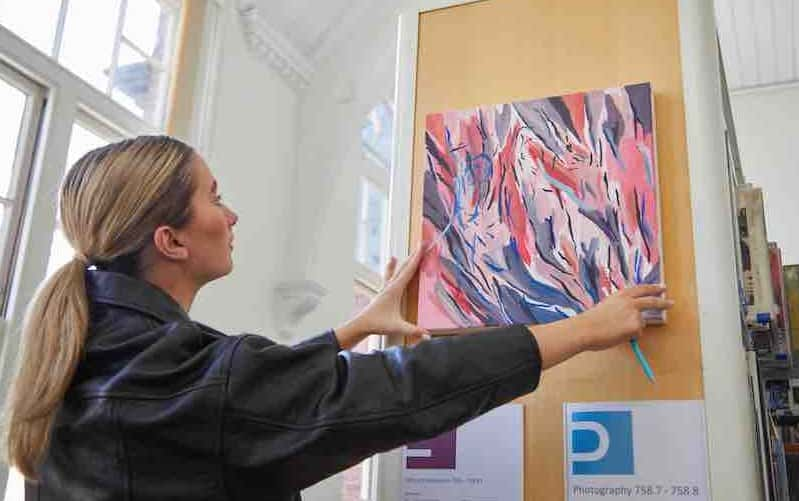 MA Degree •
MA Degree •MA Fine Art students curate exhibition takeover at NUA Library
The exhibition ‘Bibliotheca Interpellations’ showcased multi-disciplinary works by MA Fine Art. -
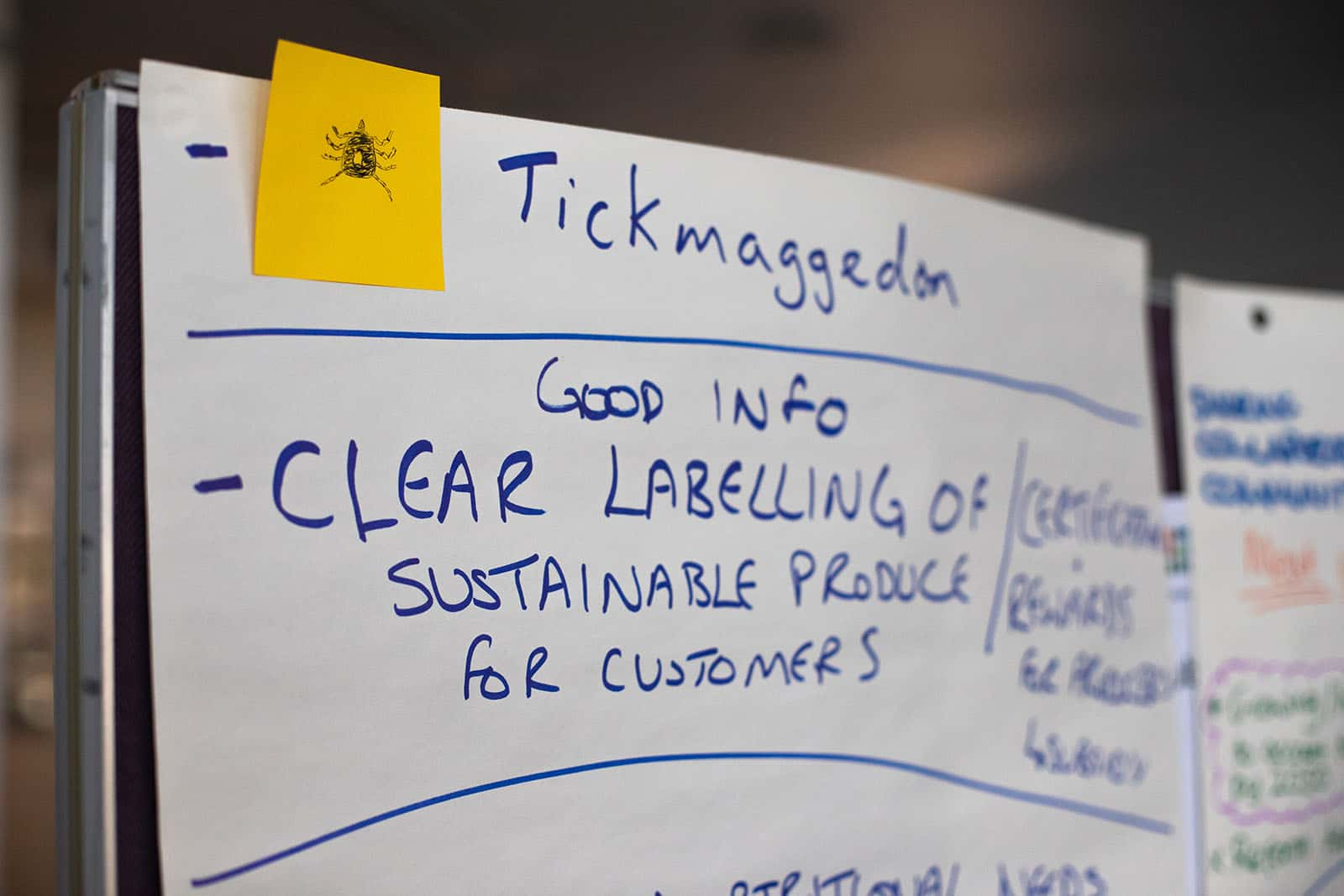 MA Communication Design •
MA Communication Design •Norwich Research Park hosts MA students for creative sprint on the future of sustainable farming
MA students worked as creative thinking consultants at the Nuffield Farming International Conference -
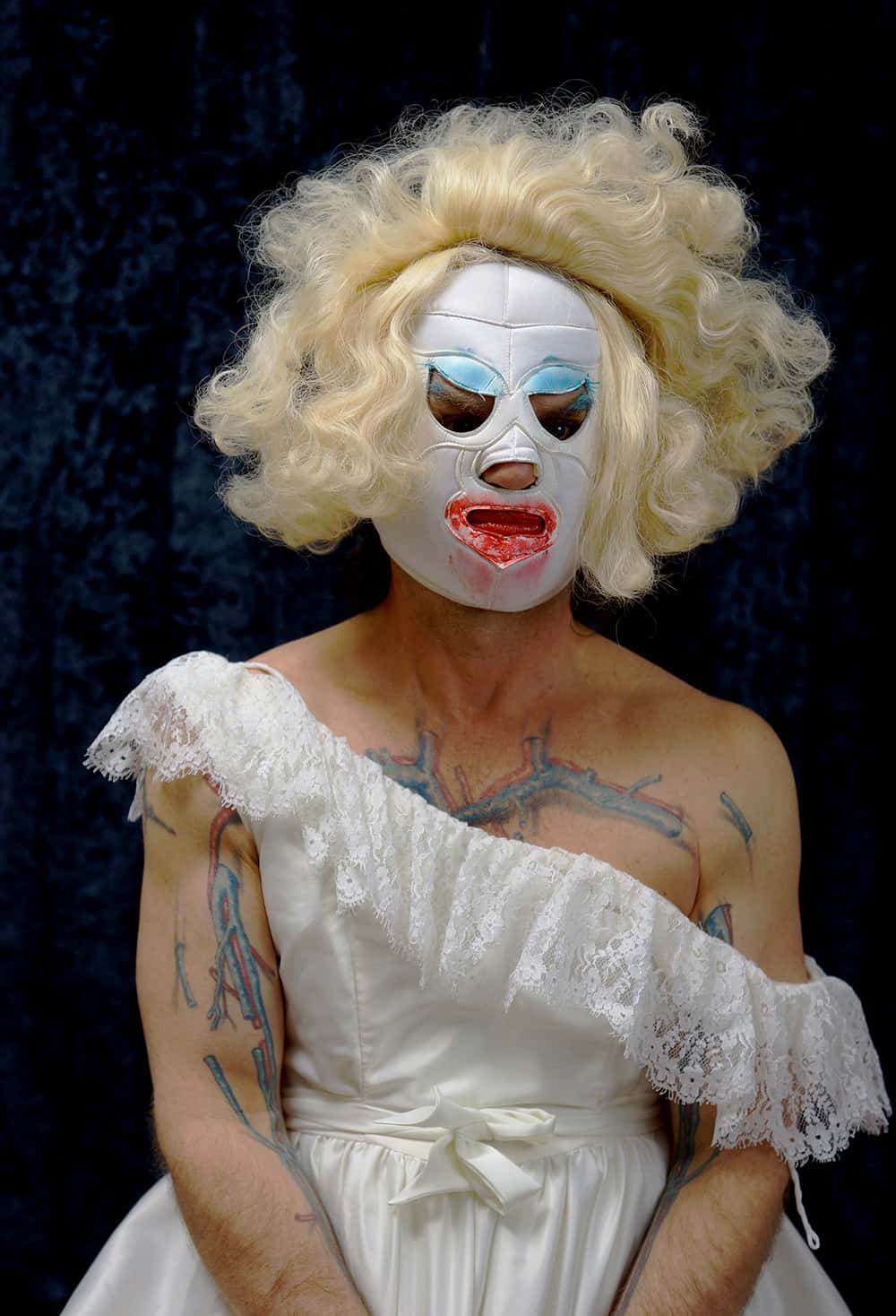 BA Fine Art •
BA Fine Art •Professor Richard Sawdon Smith exhibits work in celebration of LGBT+ History Month 2022
The work presented is a triptych spanning an award-winning career.
Related courses
Discover our courses and take the first step towards unleashing your potential
-
Visit the Fine Art BA (Hons) course page
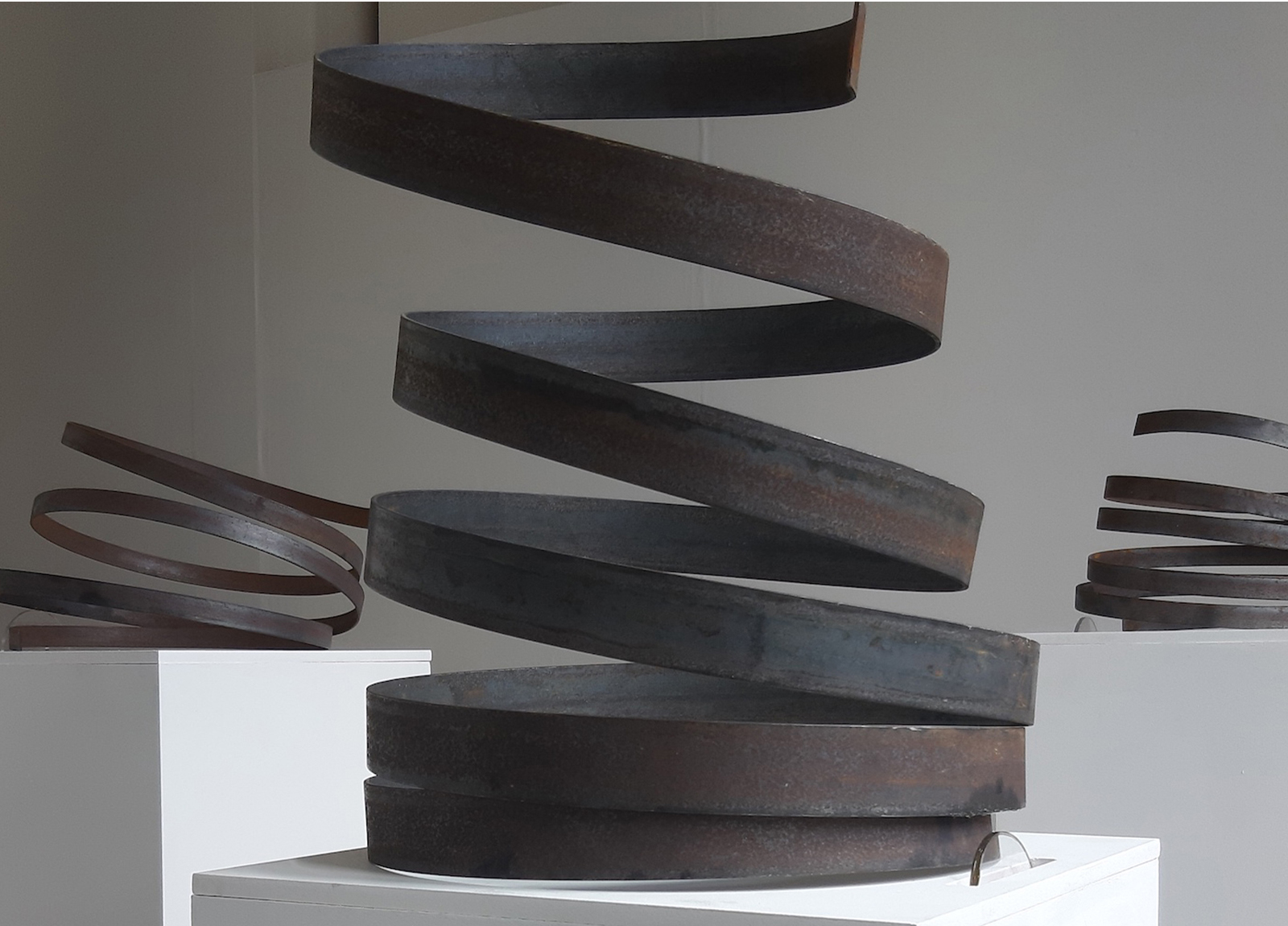
- Filter courses by study level: Undergraduate
- Filter courses by duration: Full time
- Filter courses by start month: September
- Filter courses by subject: Fine Art
Fine Art BA (Hons)
Want to explore your creativity, ideas, and instincts in a vibrant community of artists, thinkers and makers? And shape the future of contemporary art?
-
Visit the Illustration BA (Hons) course page

- Filter courses by study level: Undergraduate
- Filter courses by duration: Full time
- Filter courses by start month: September
- Filter courses by subject: Illustration
Illustration BA (Hons)
Experiment with different illustration mediums and tools as you build your creative identity and professional skills.
-
